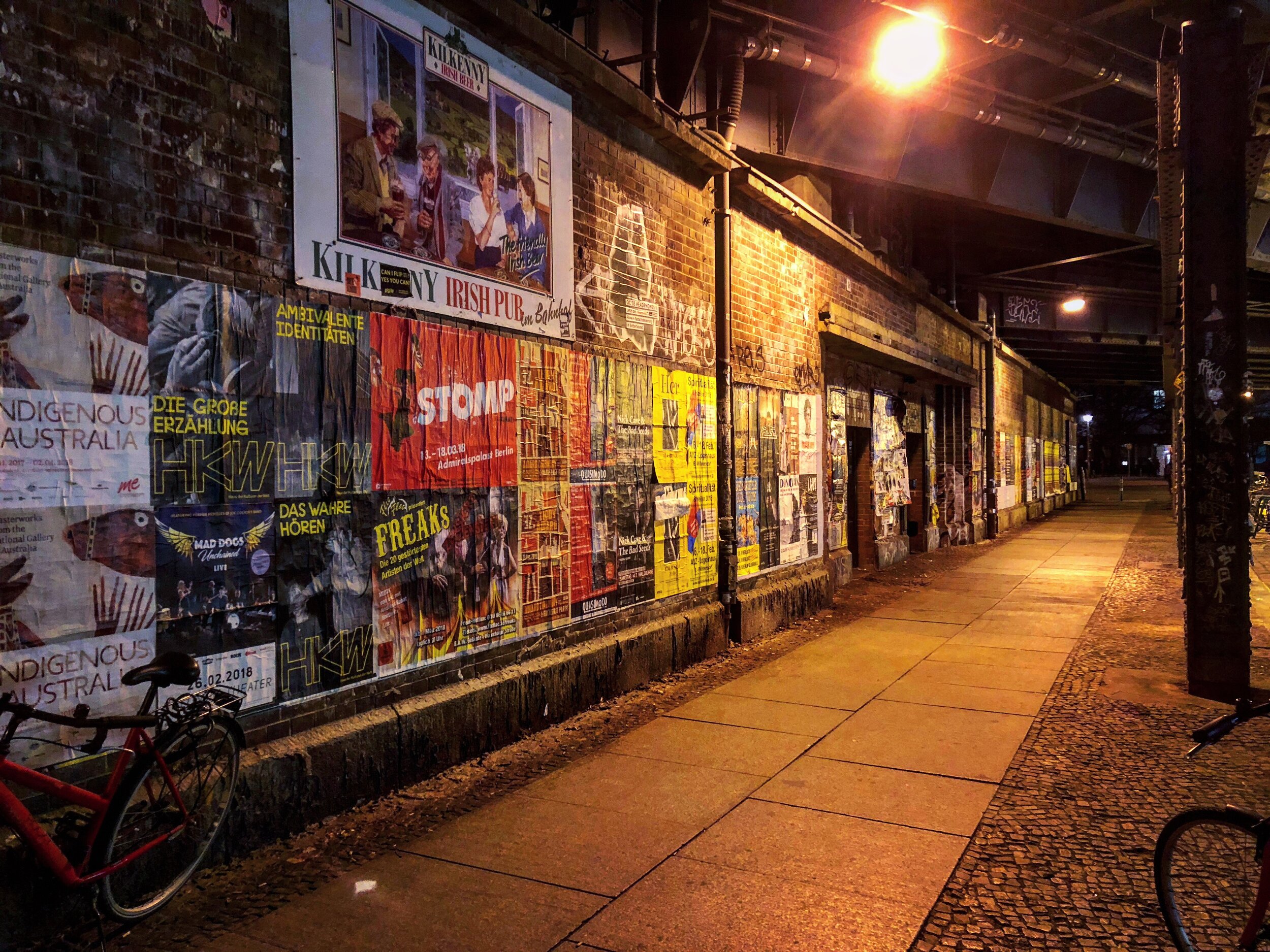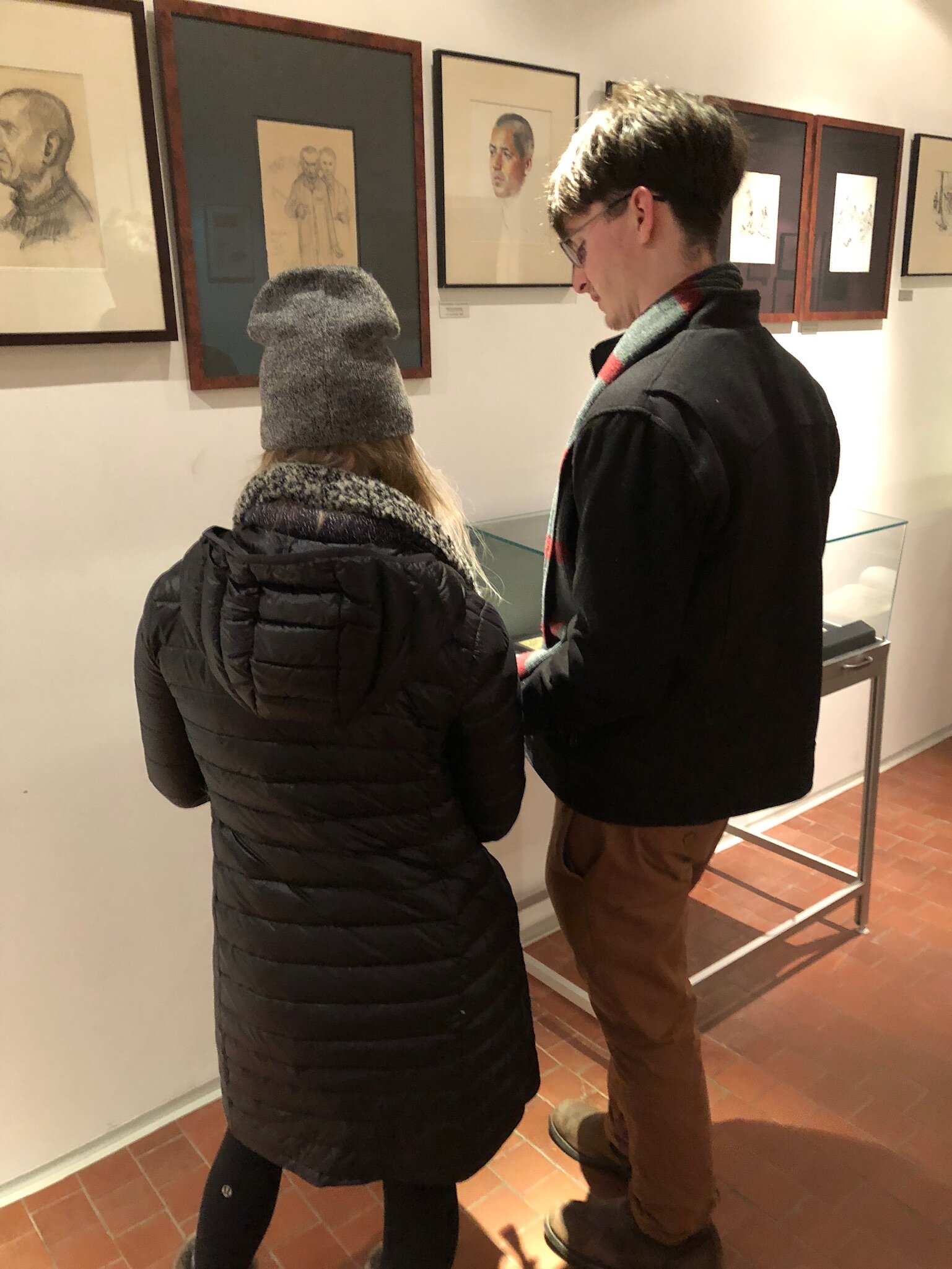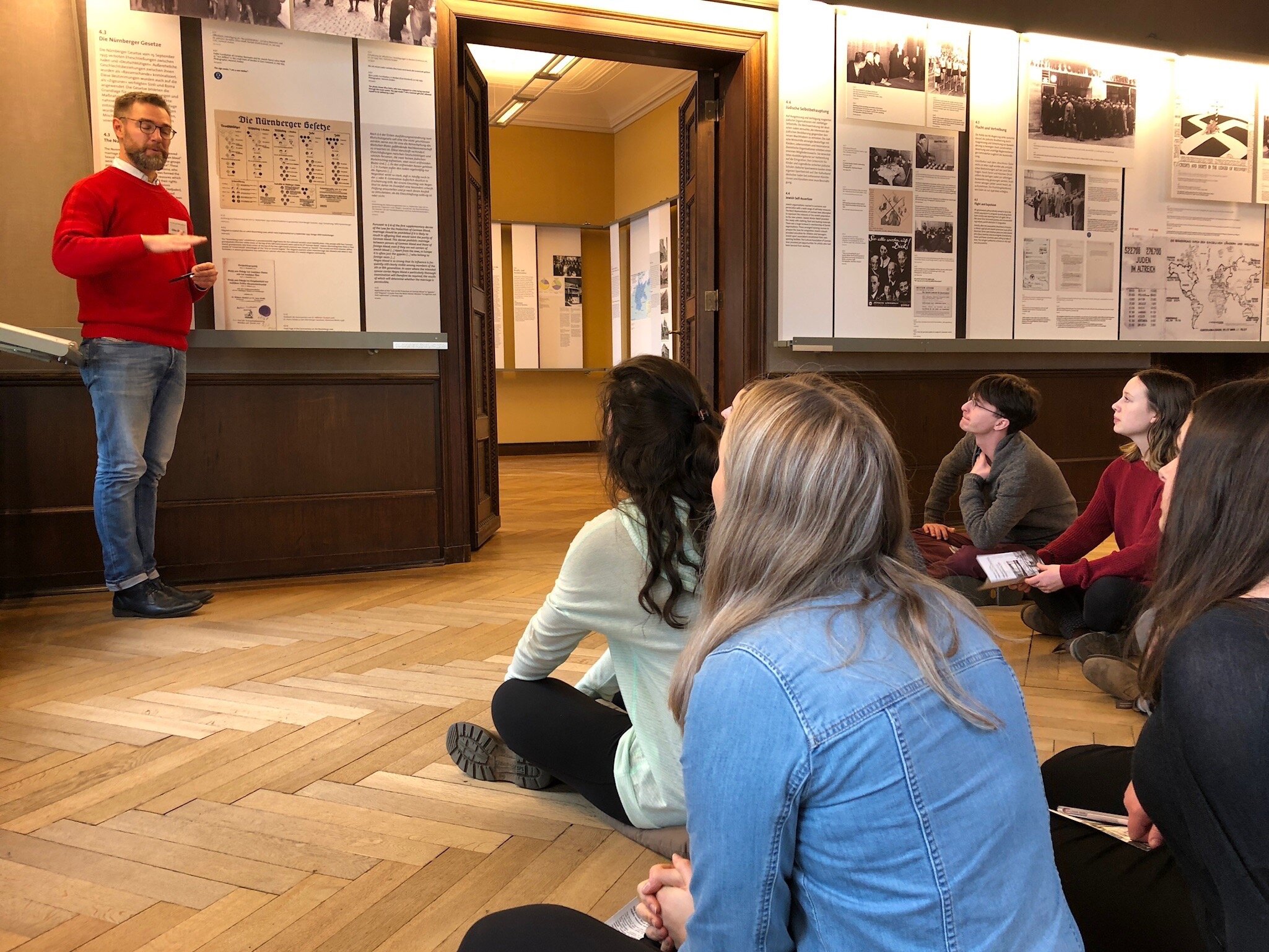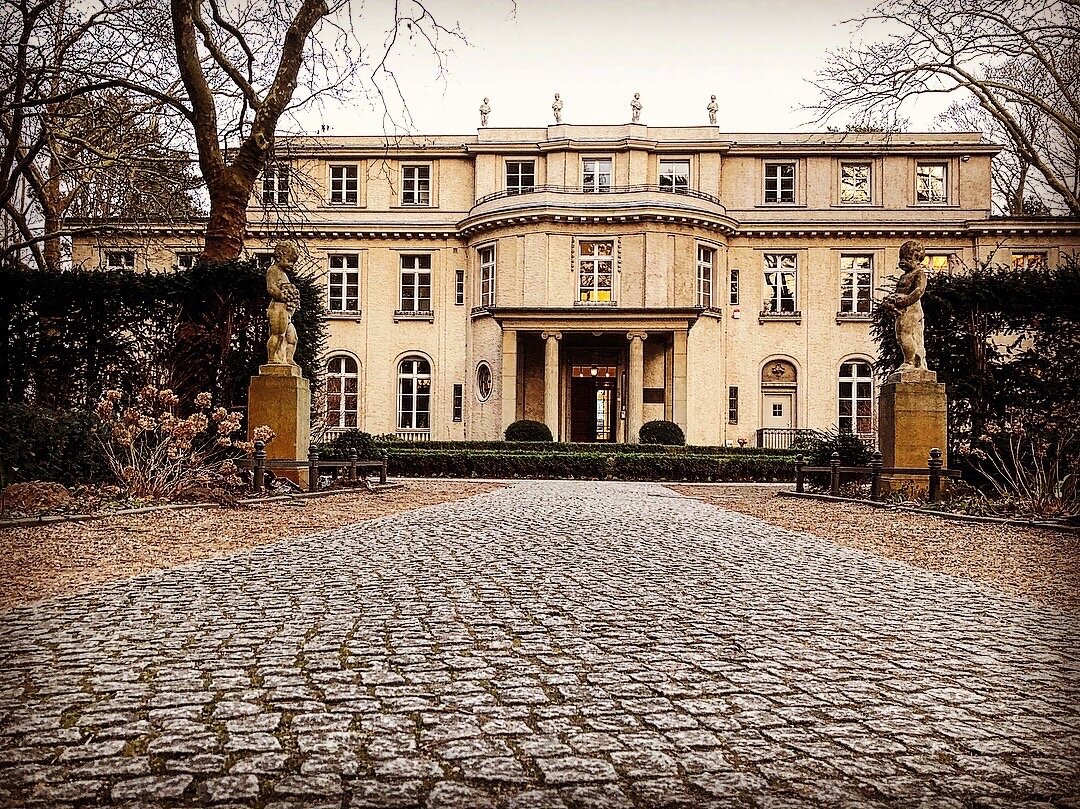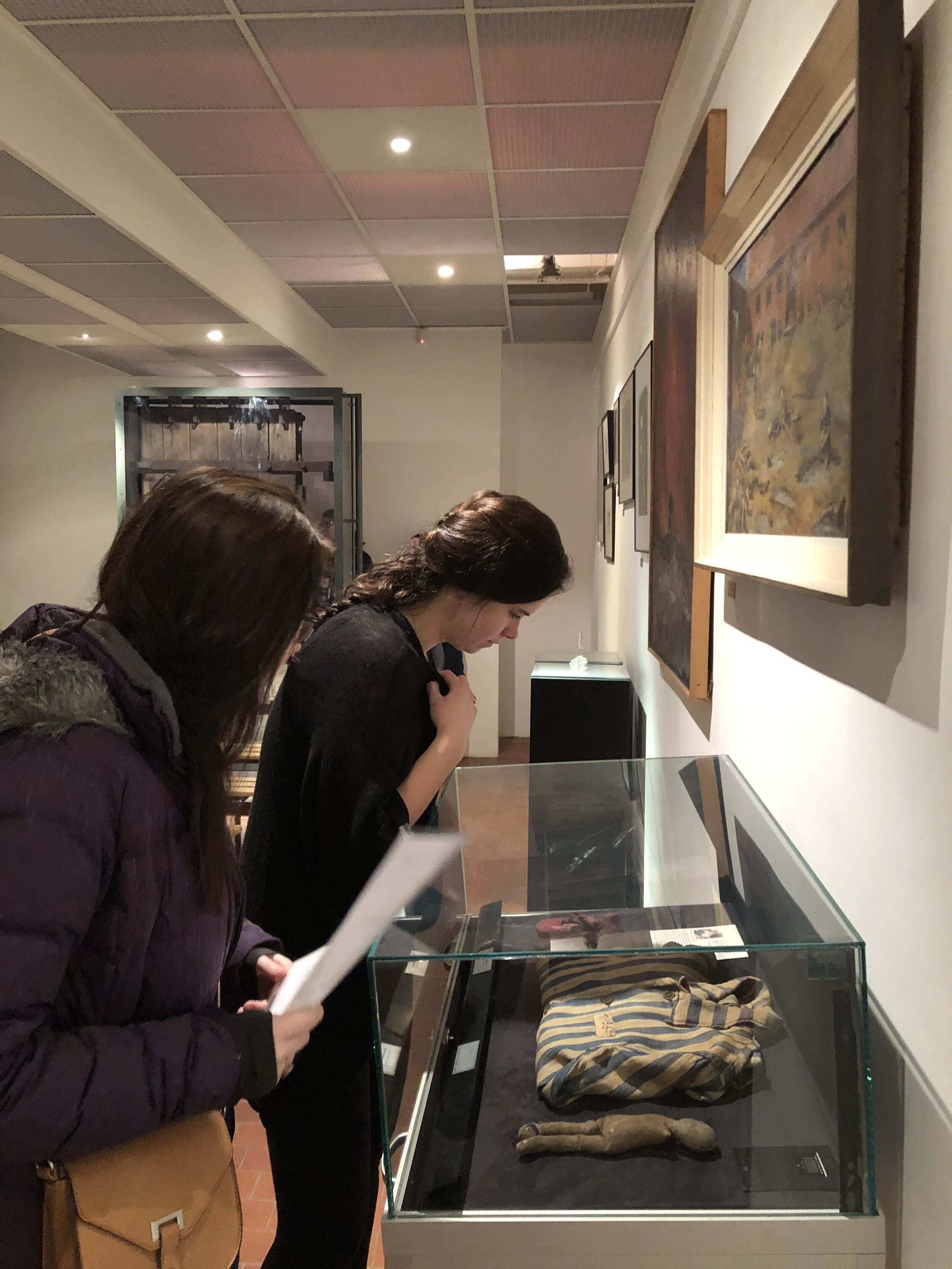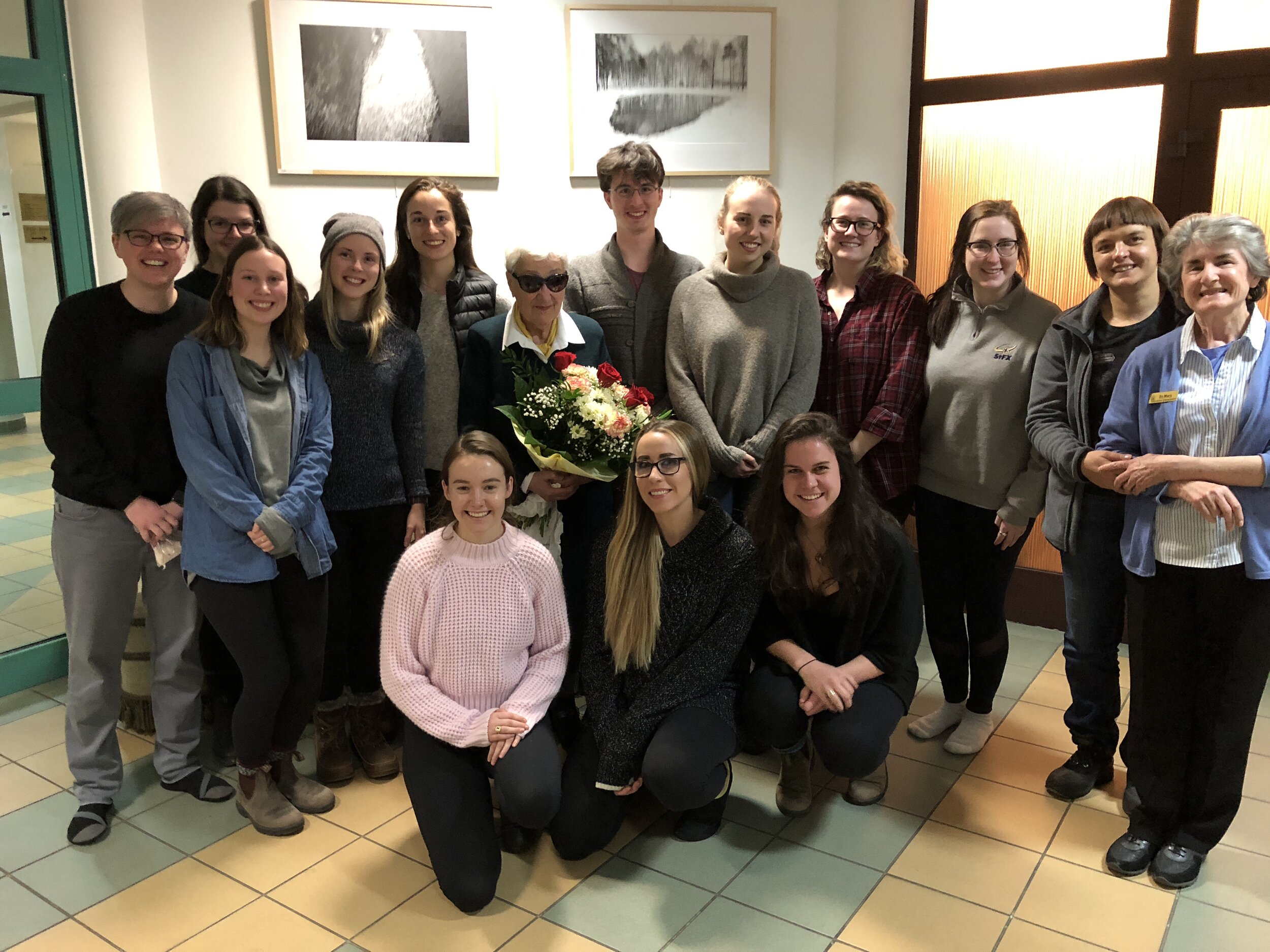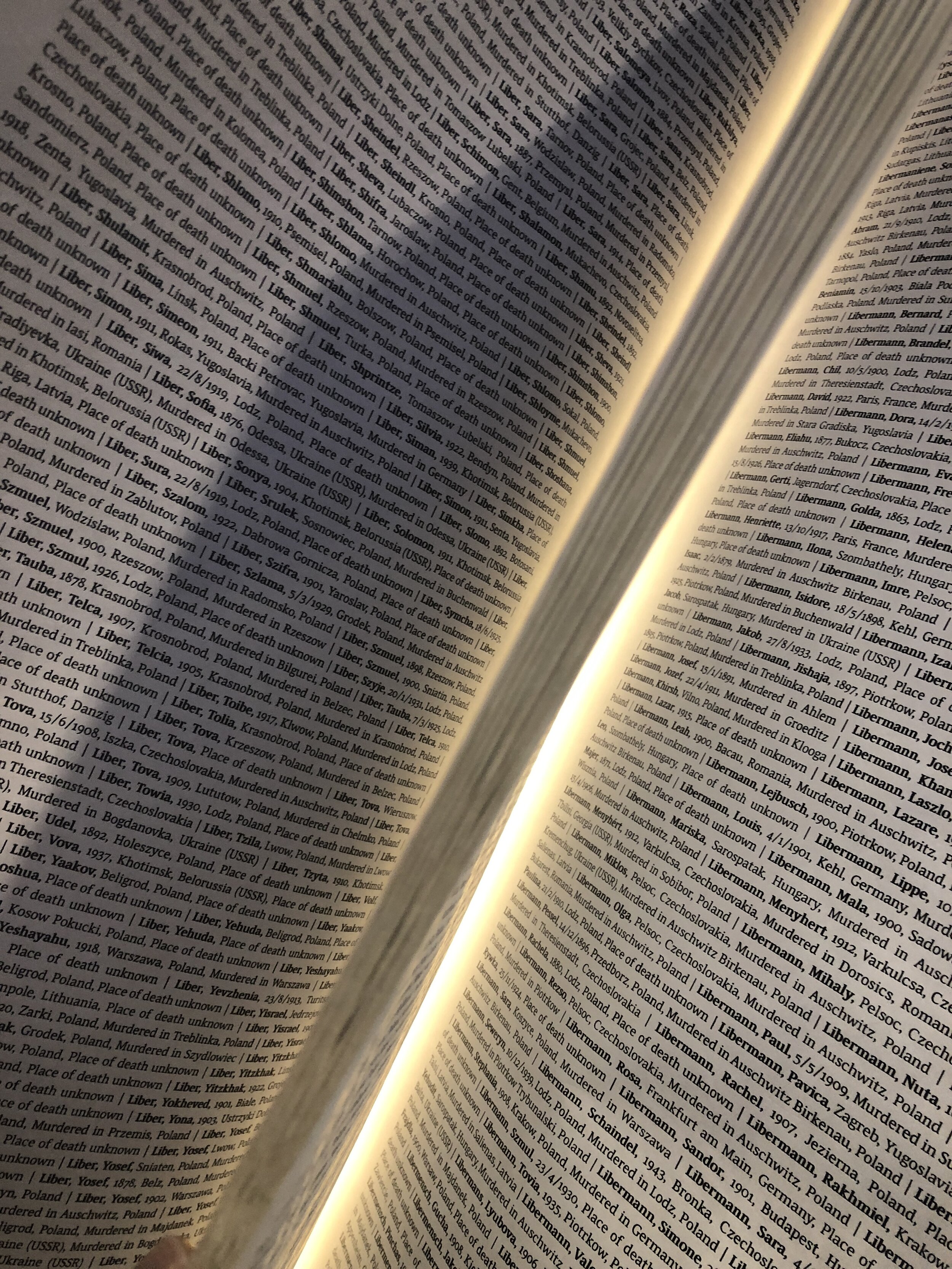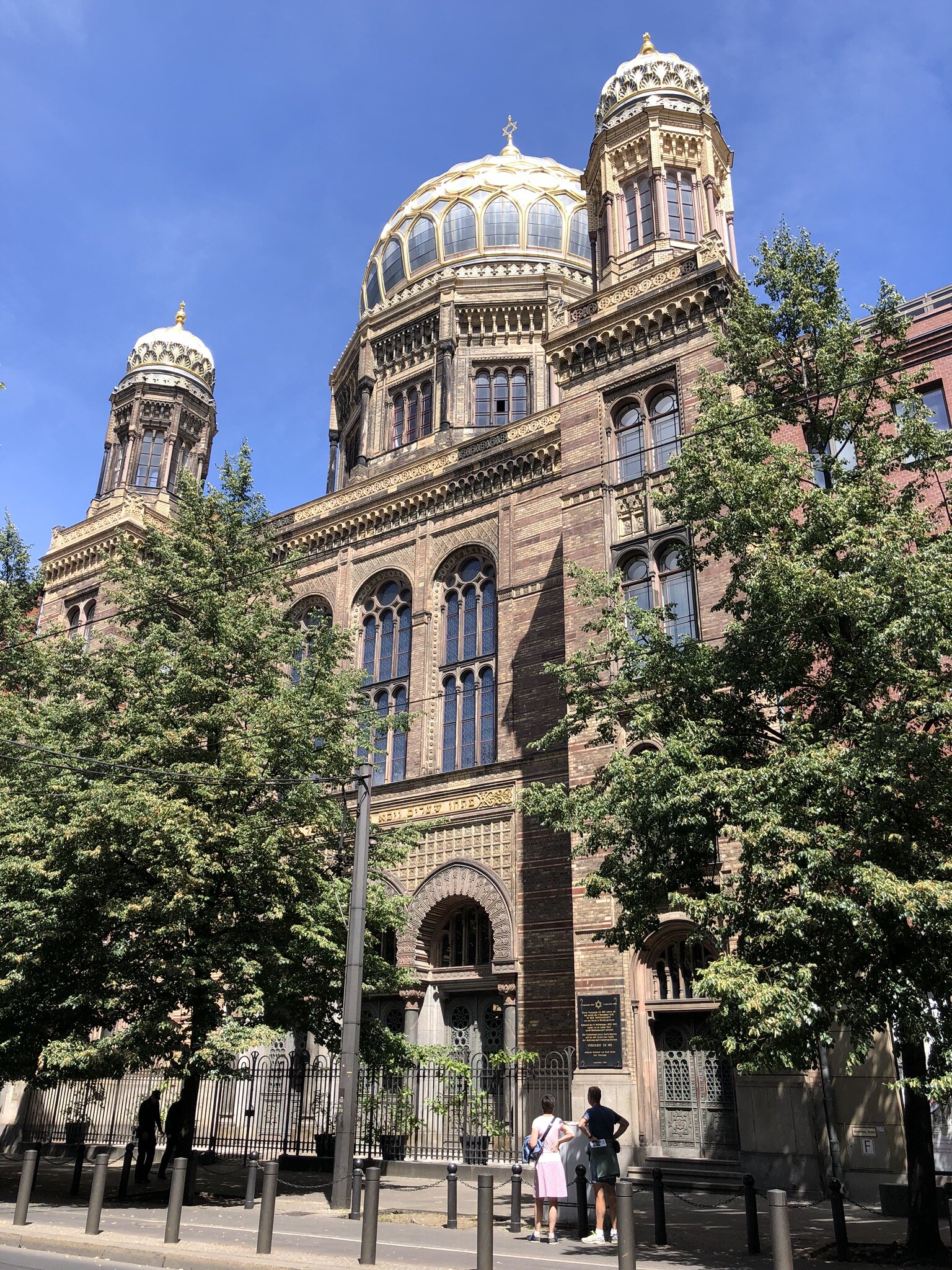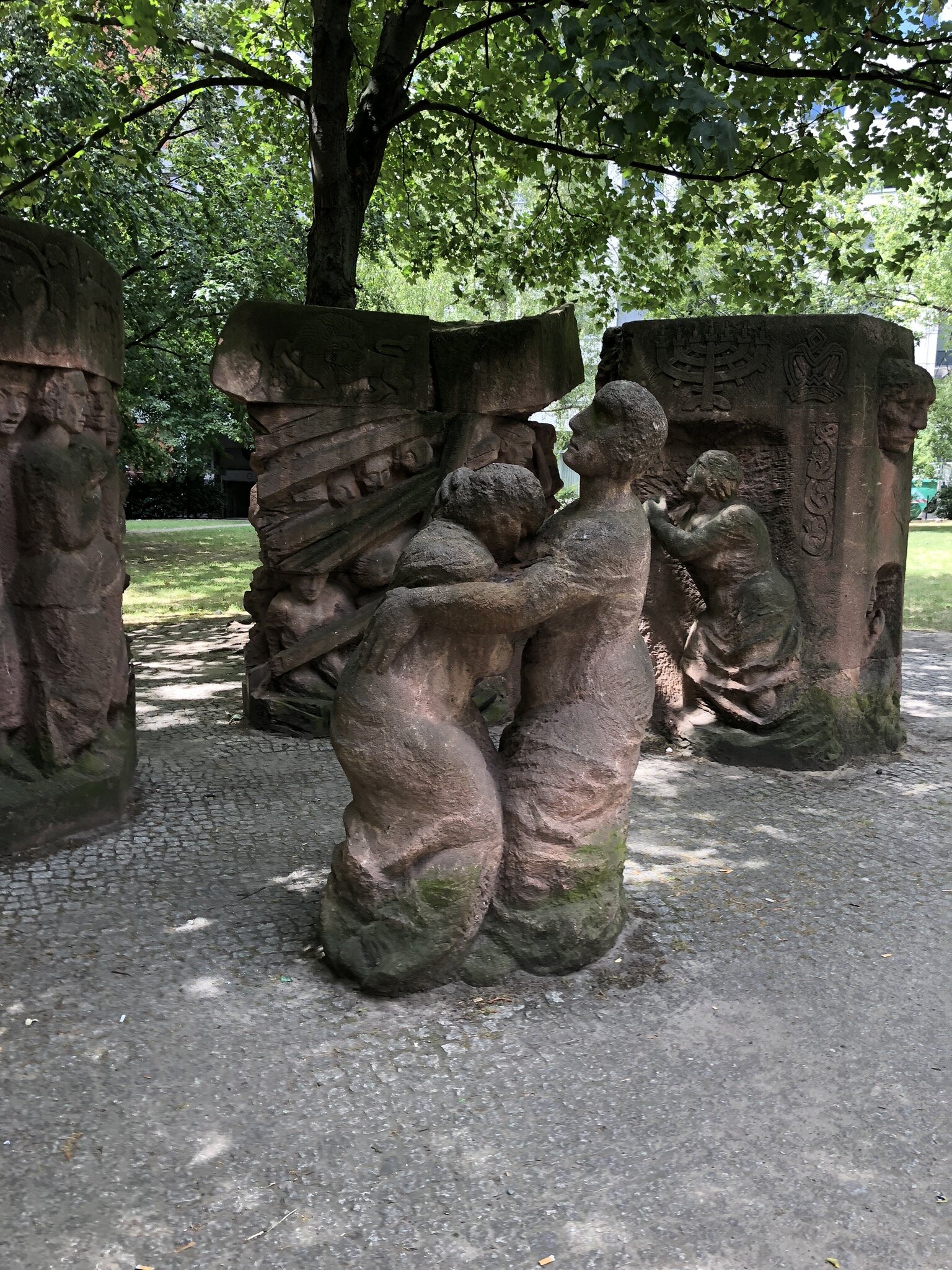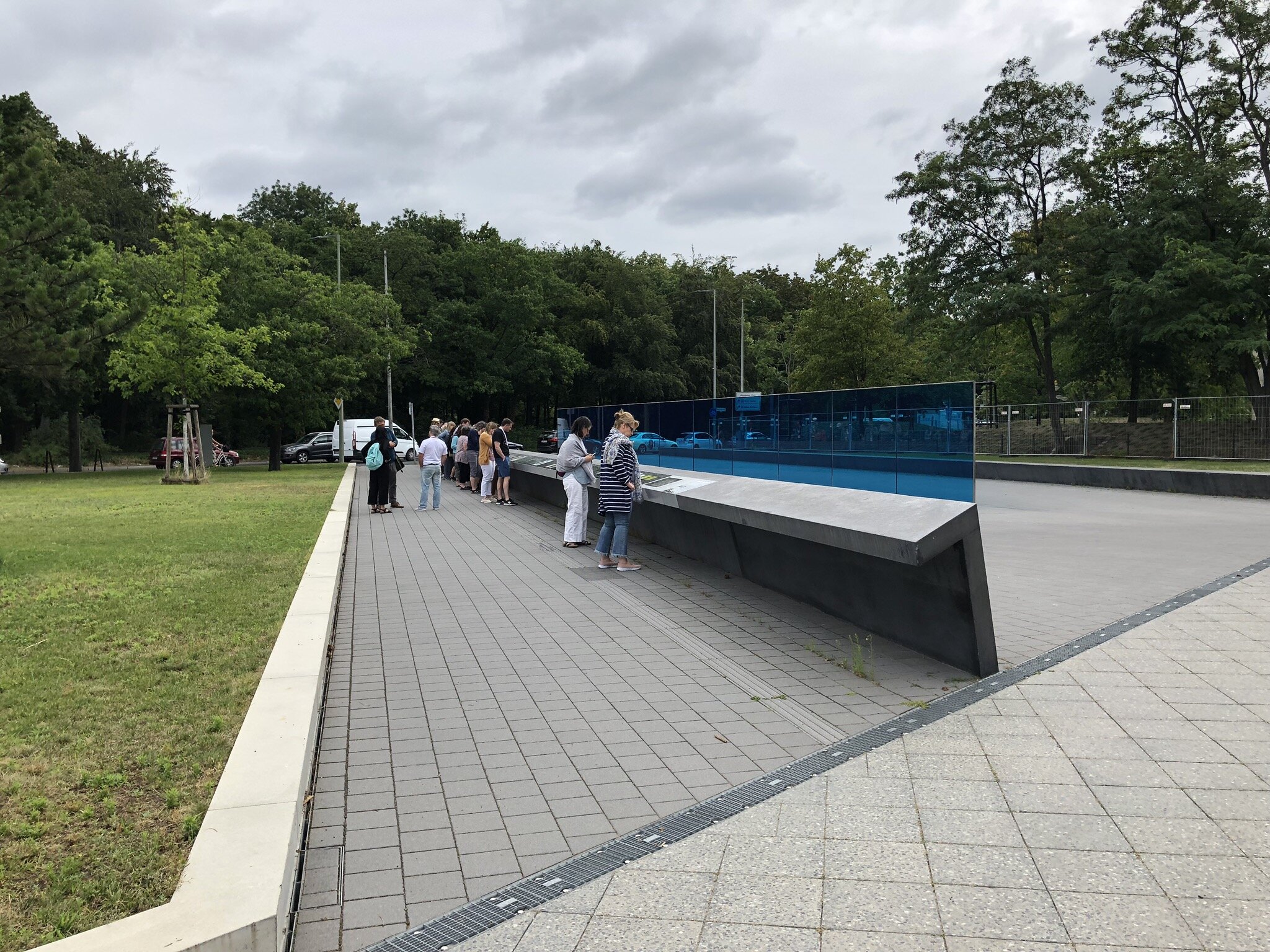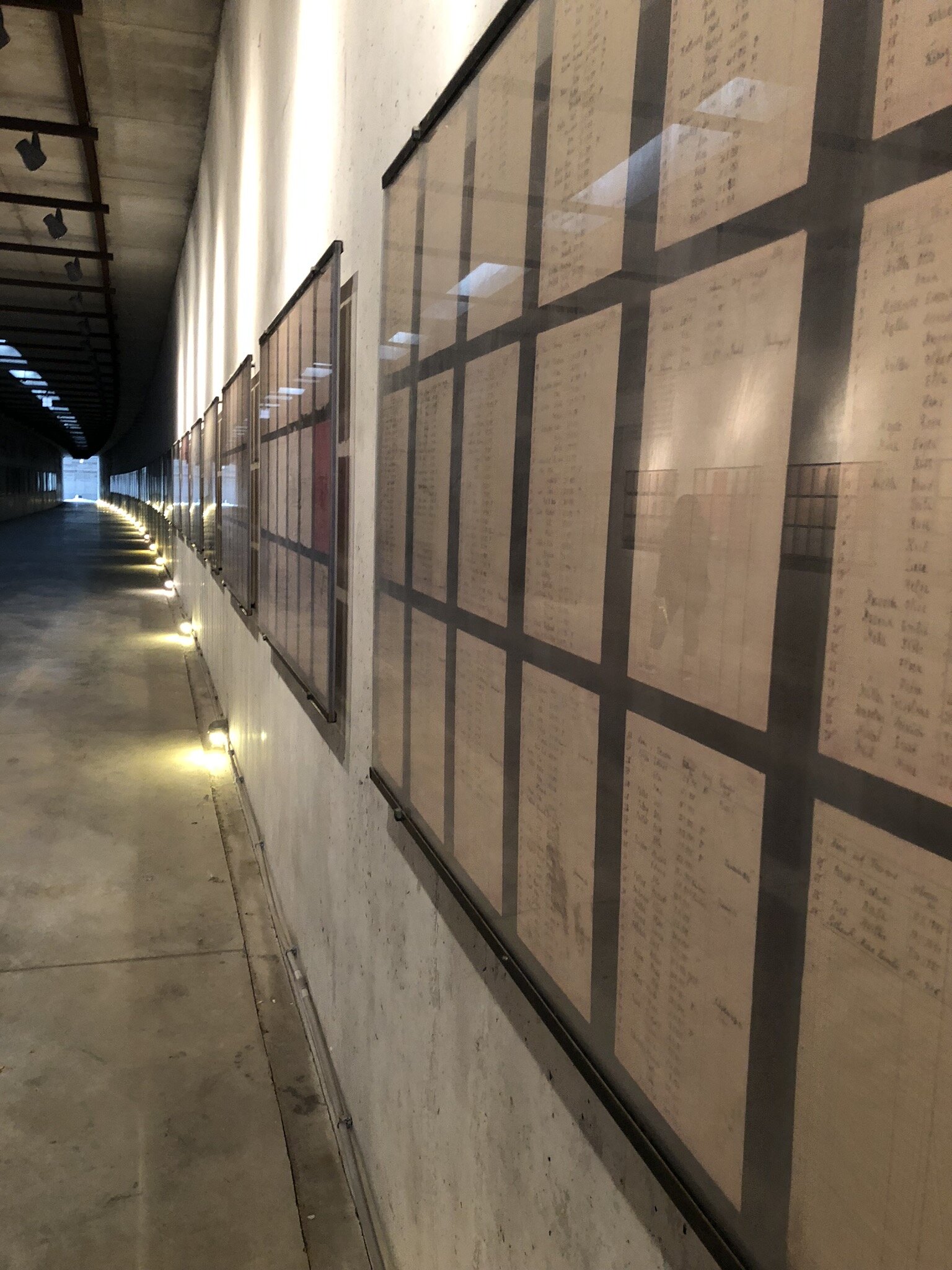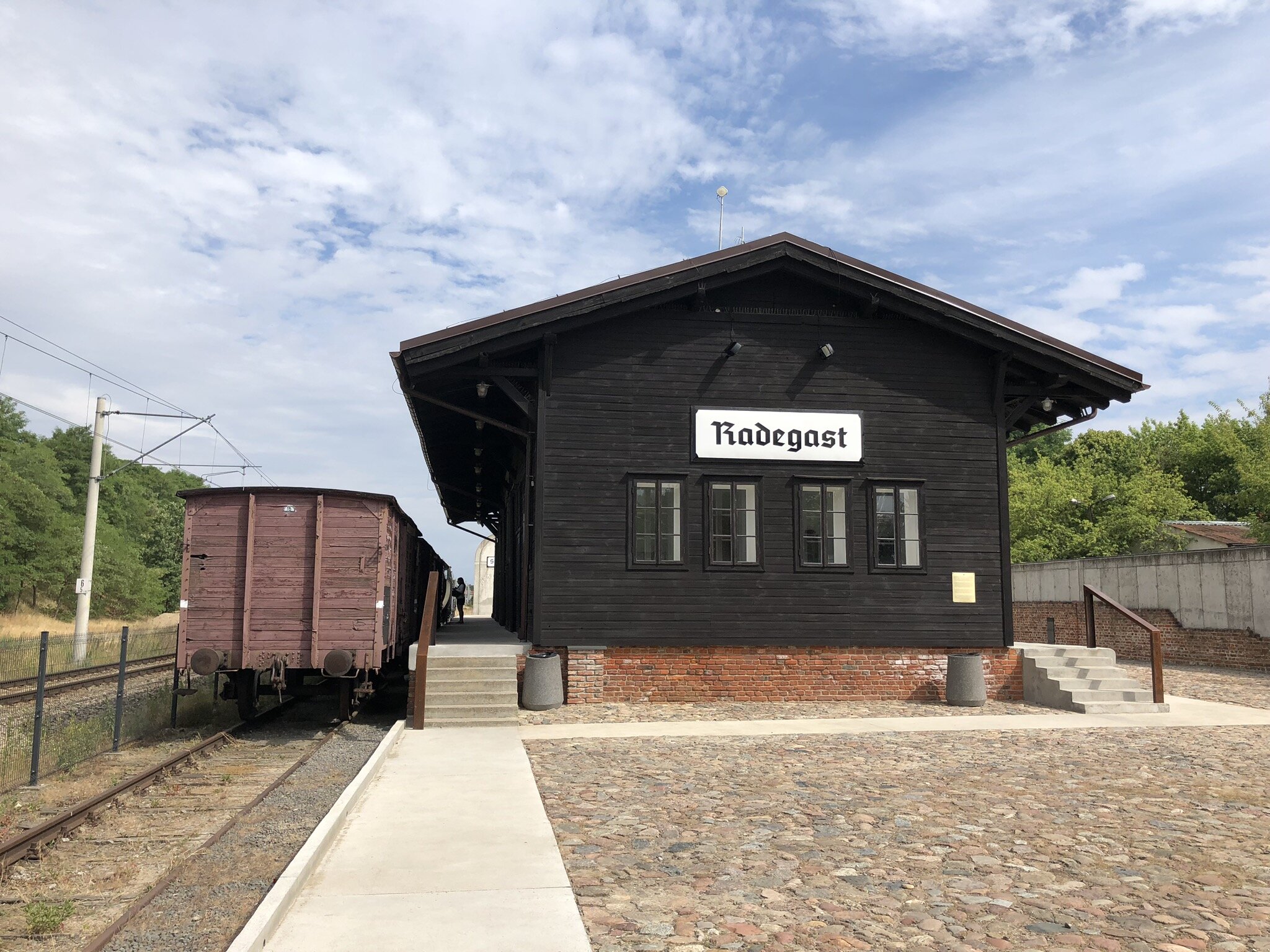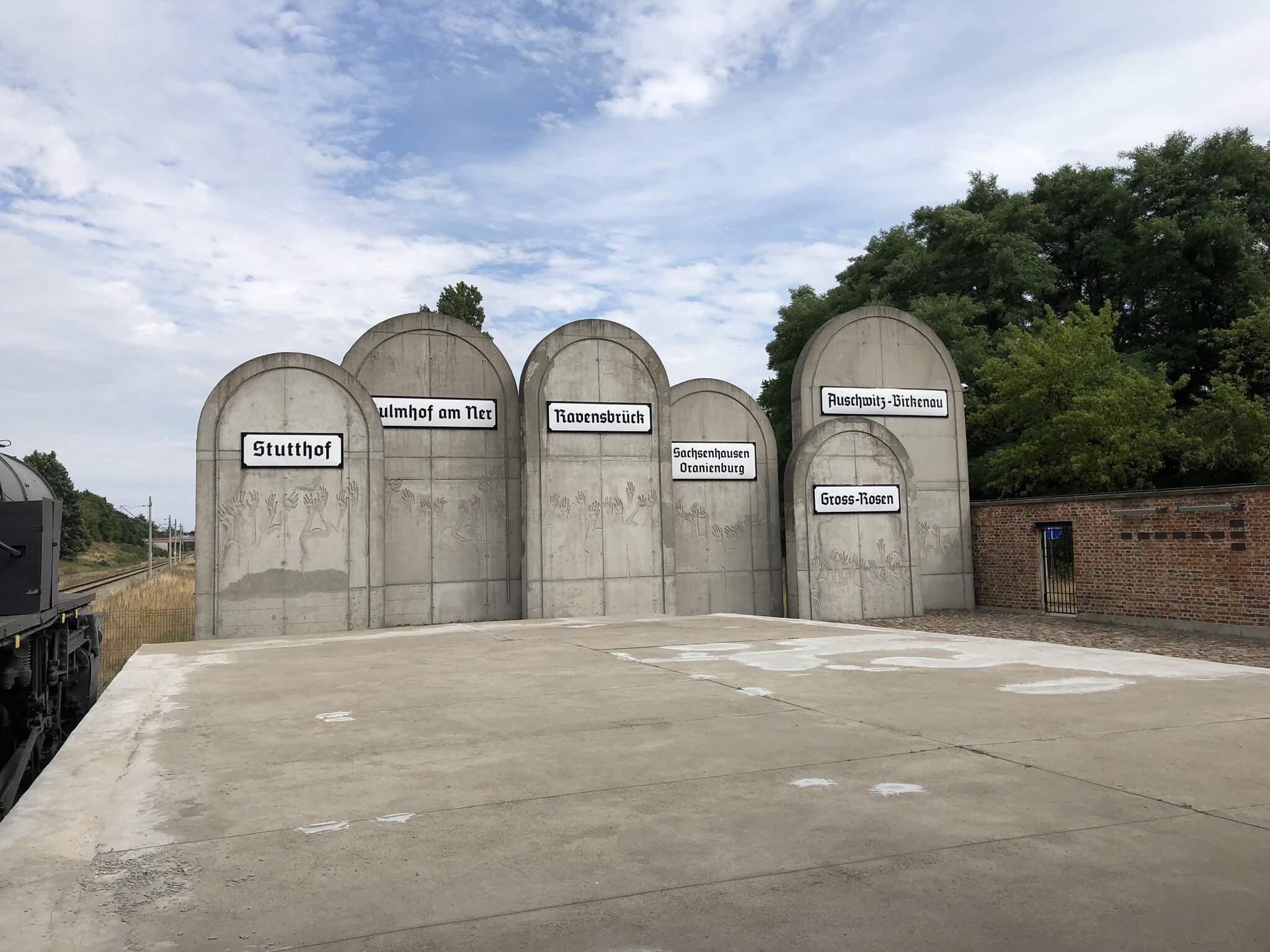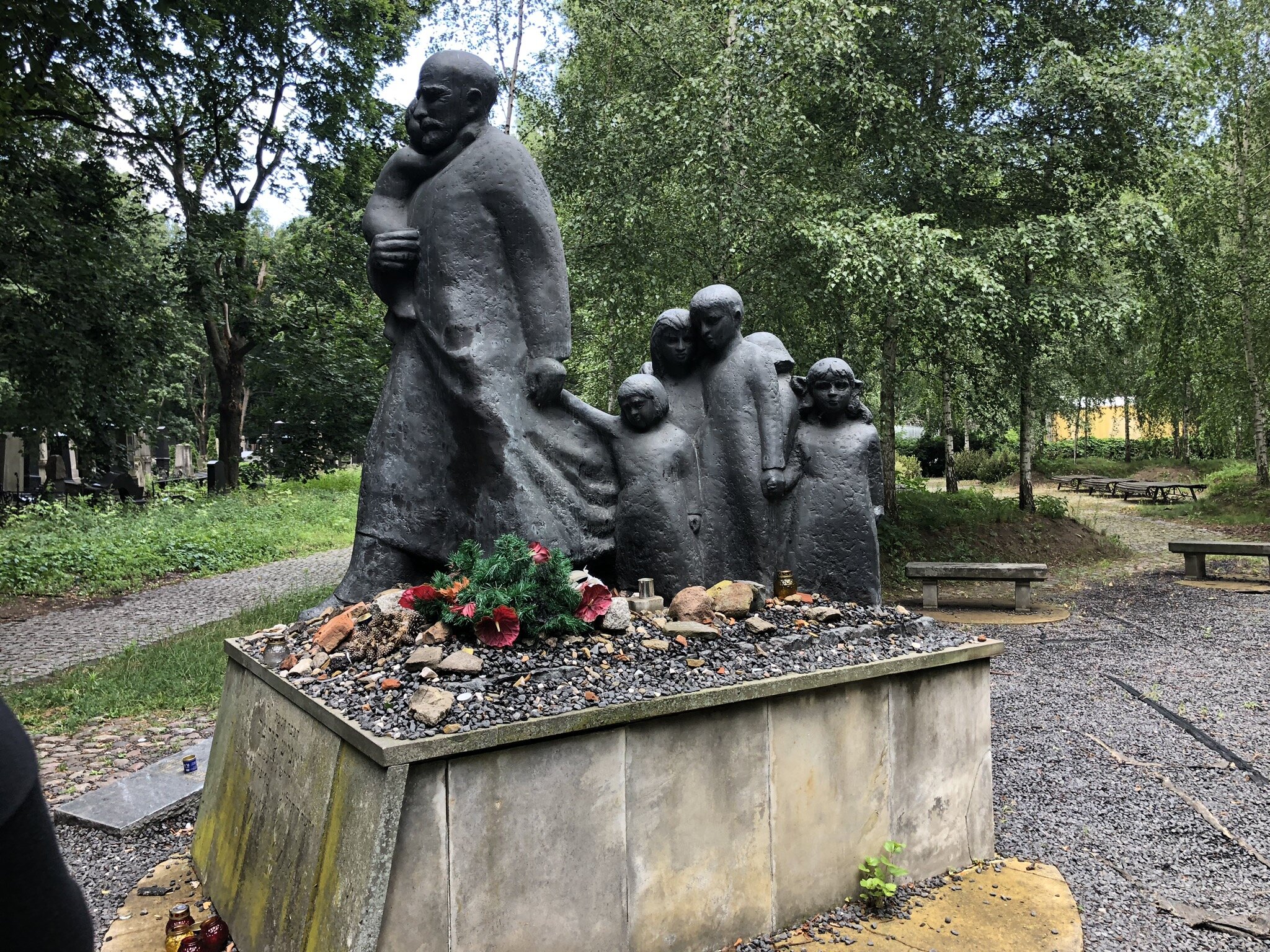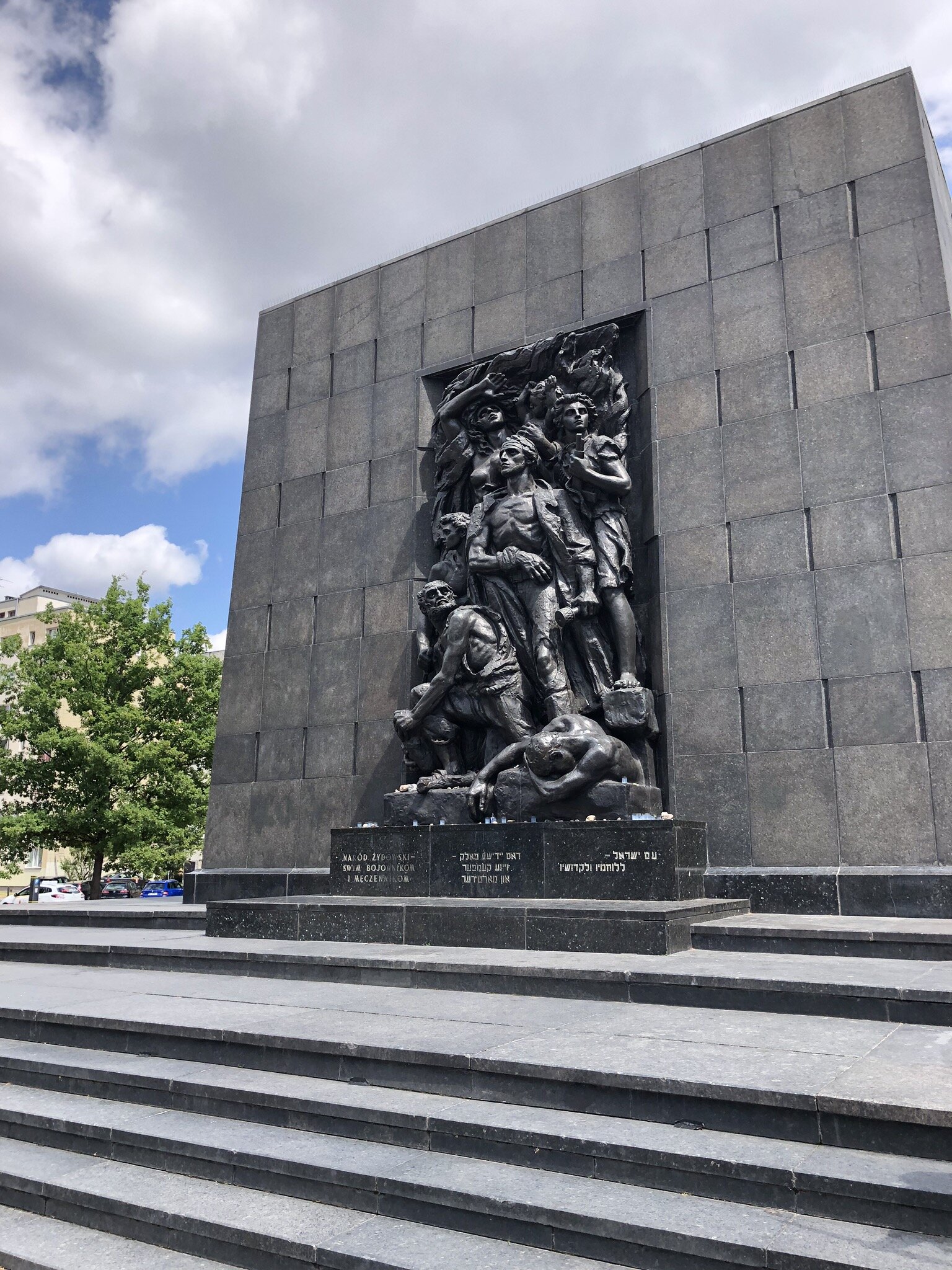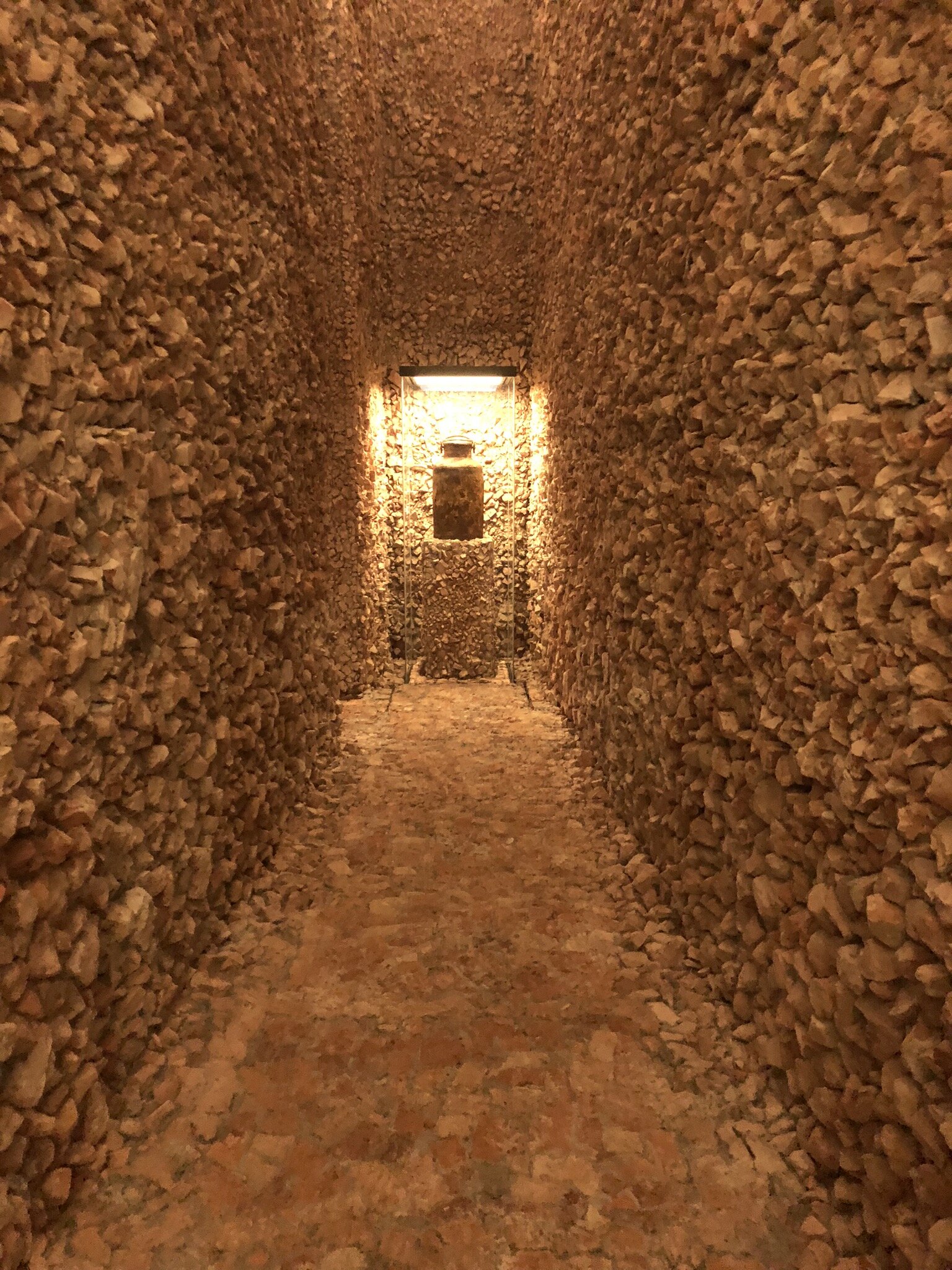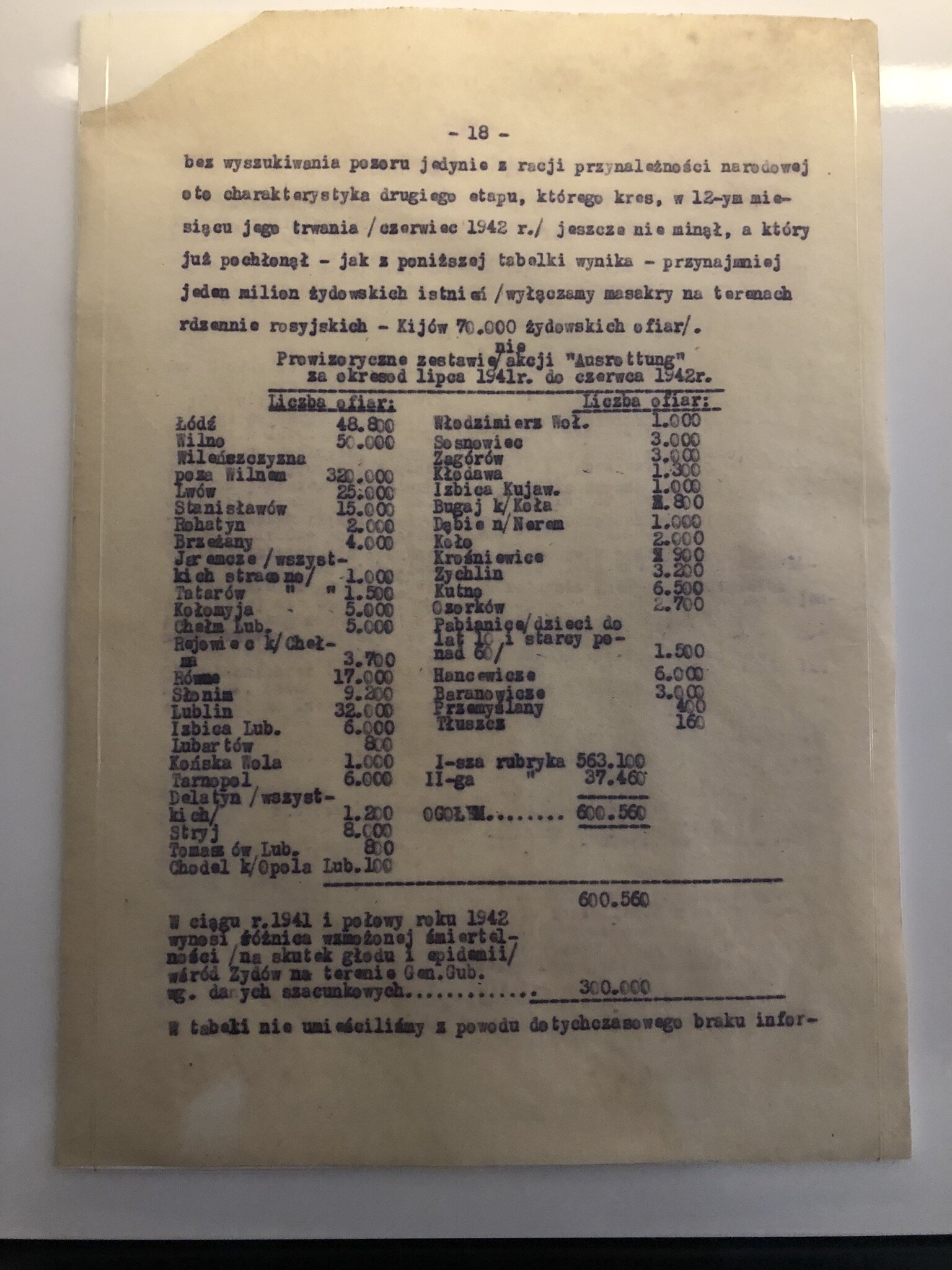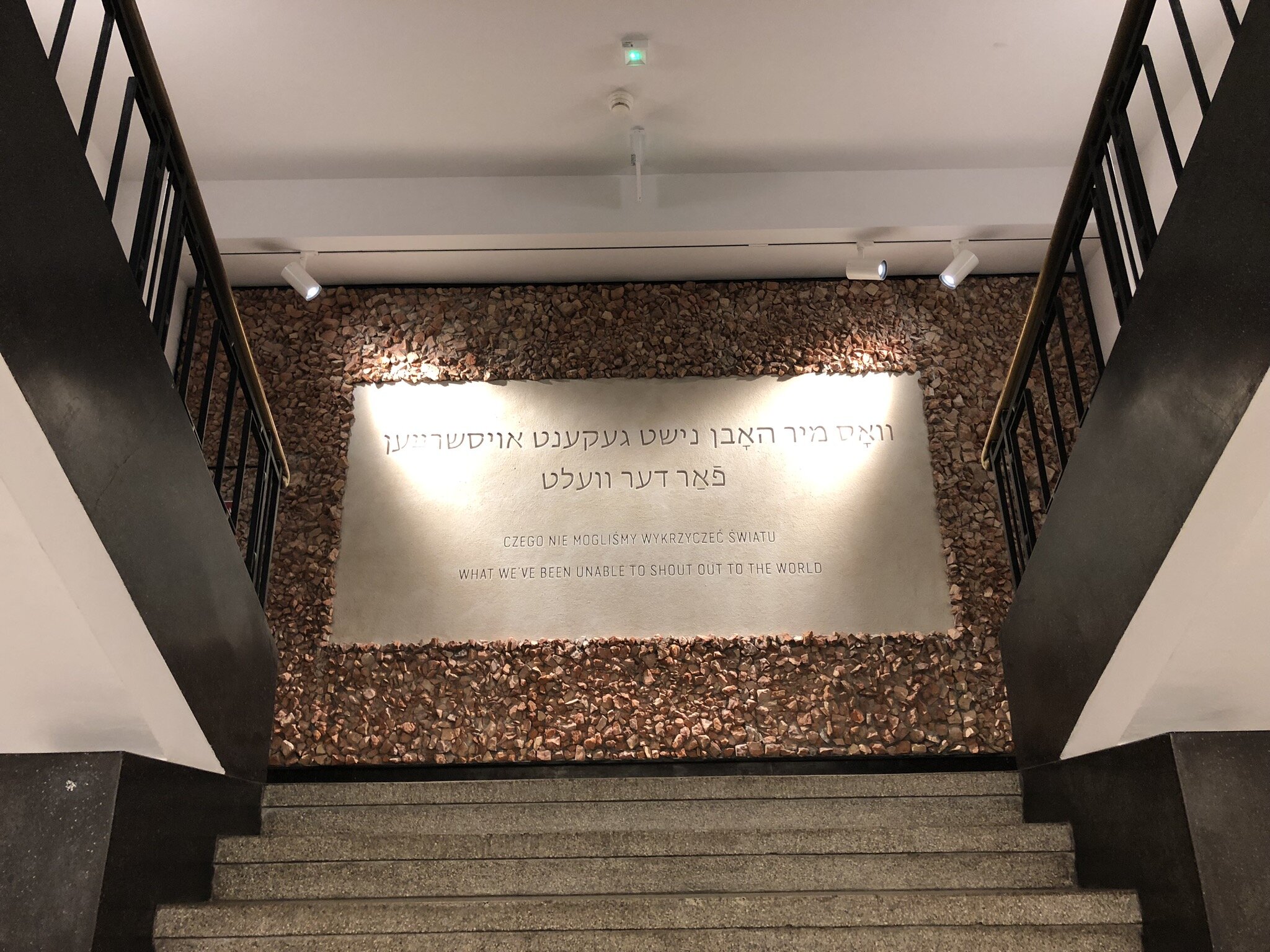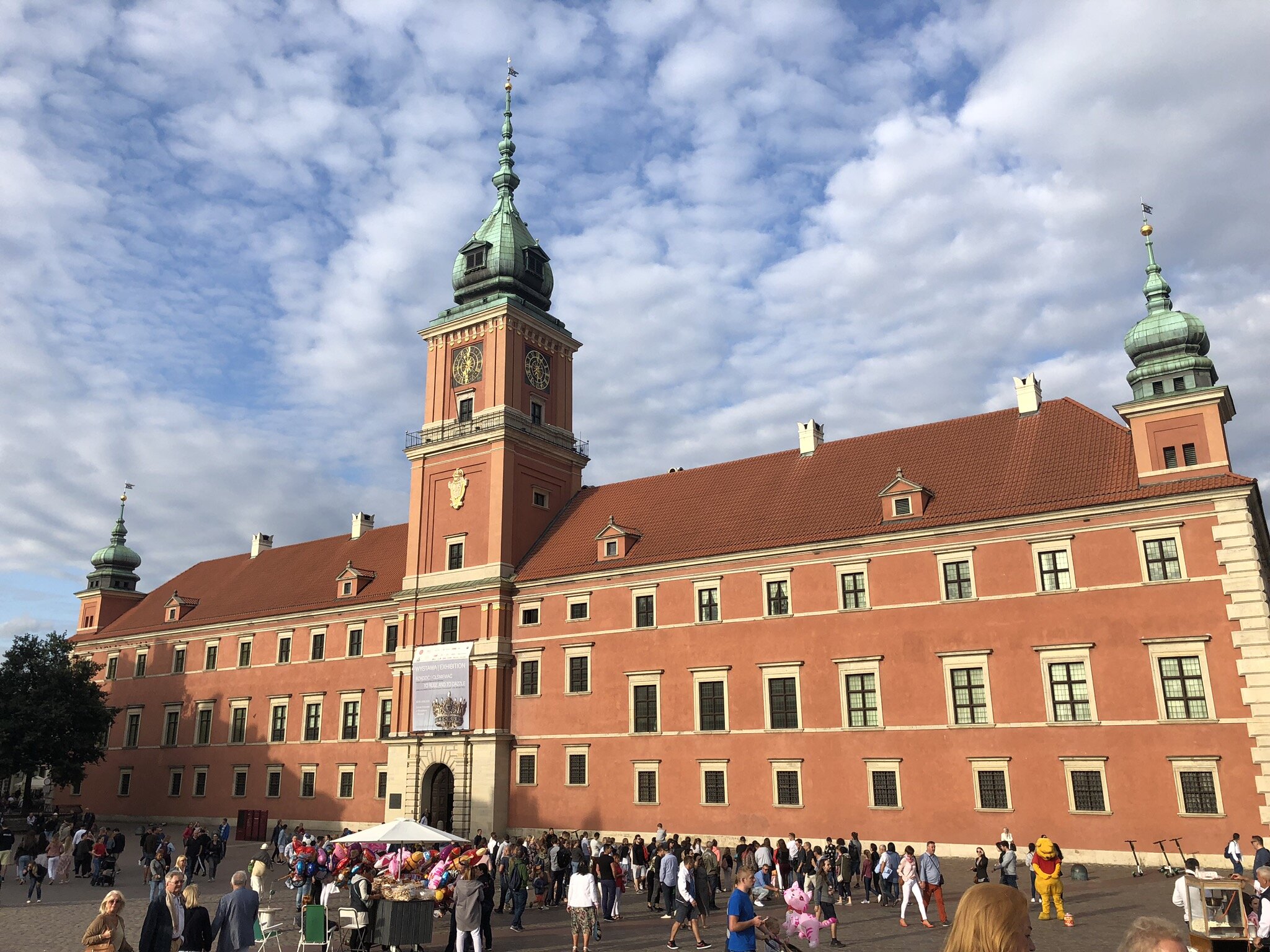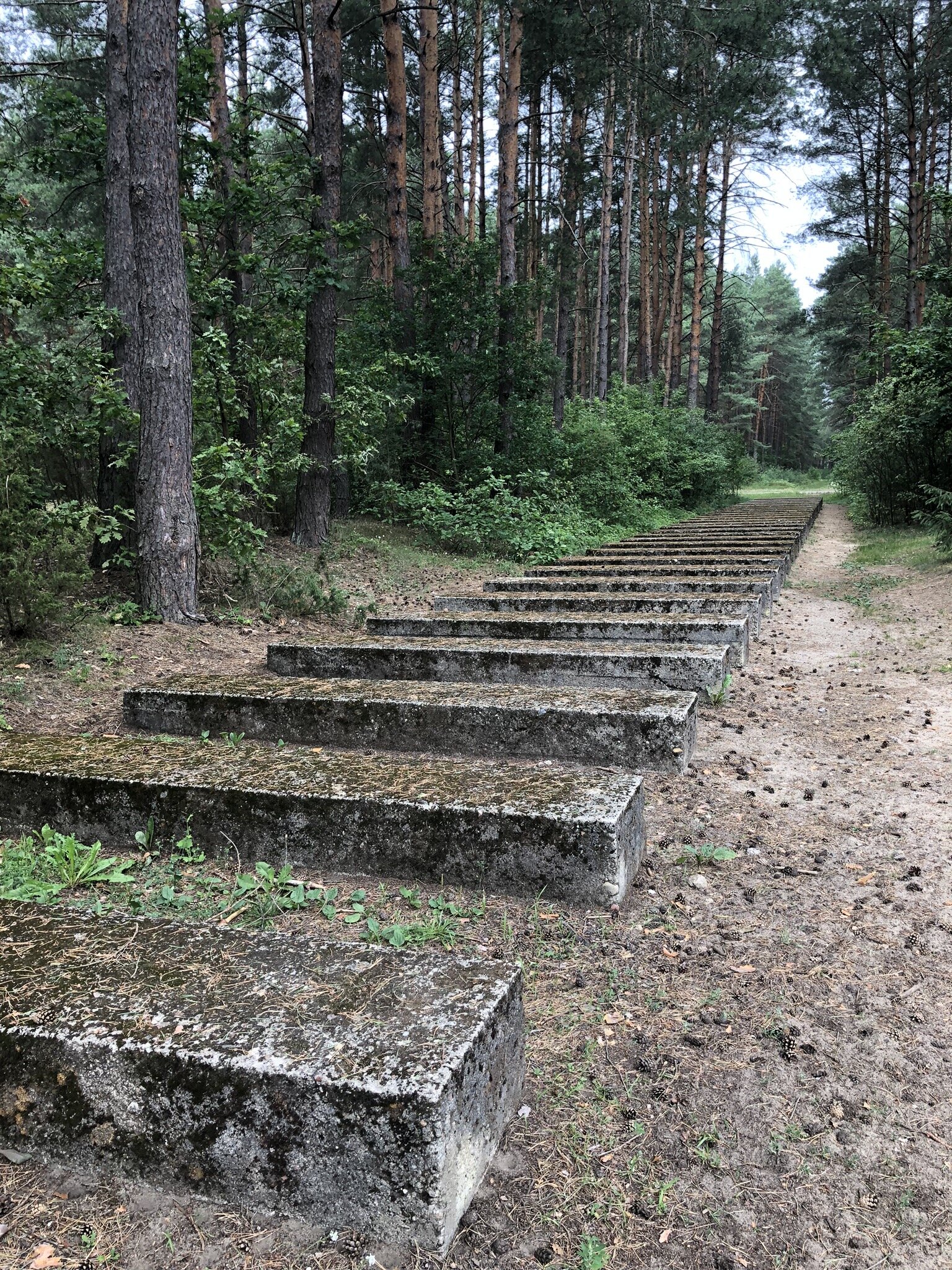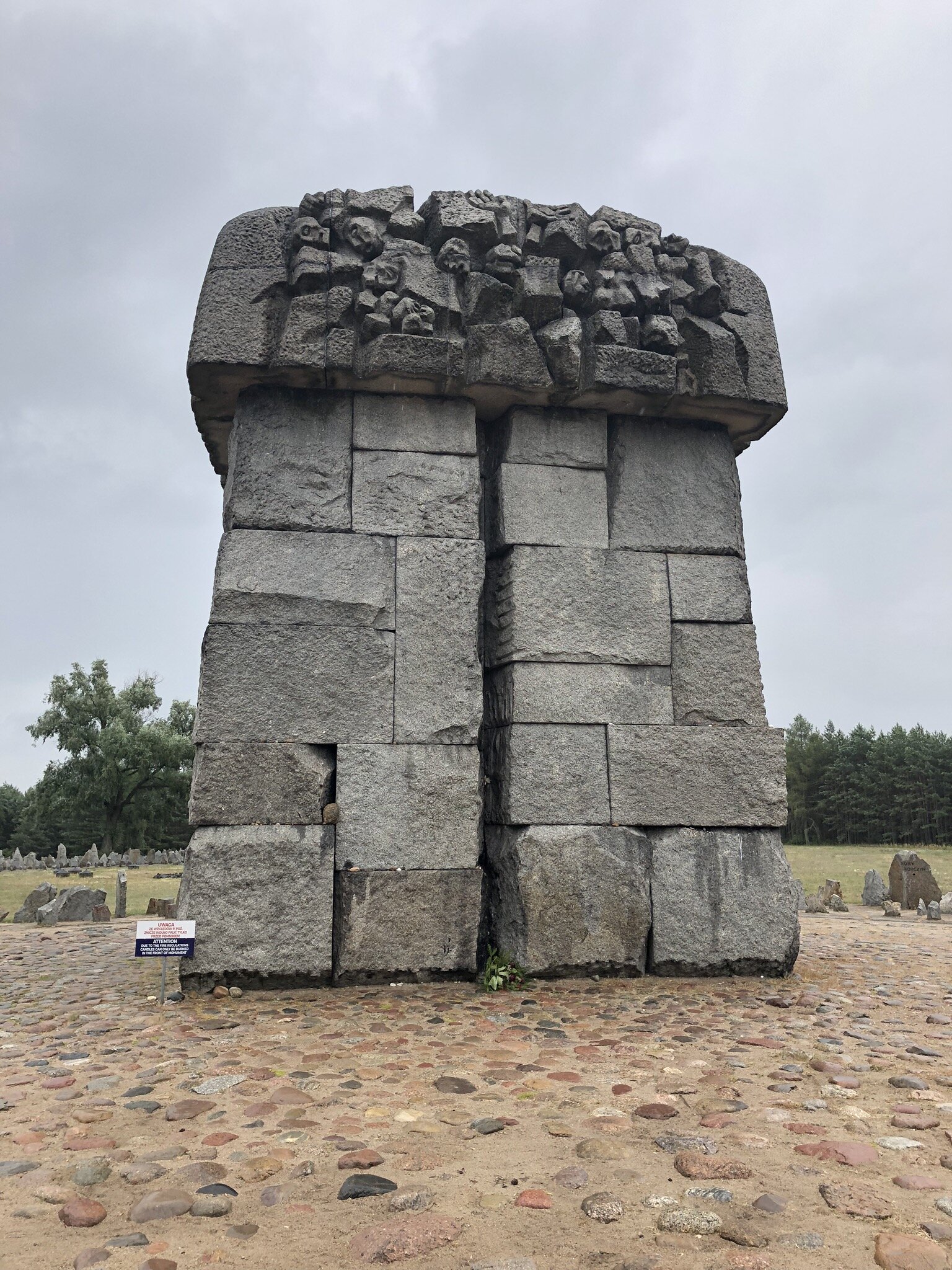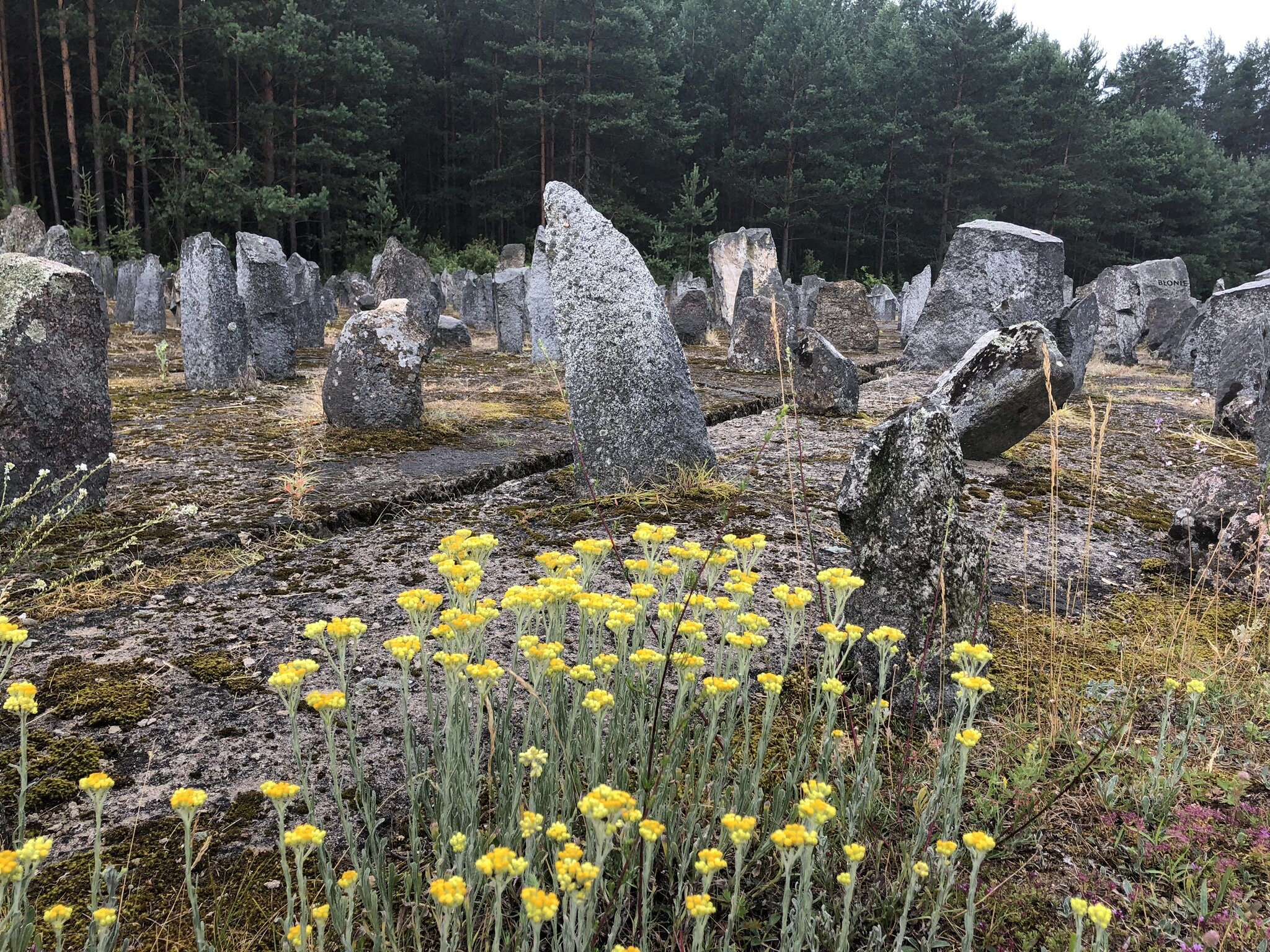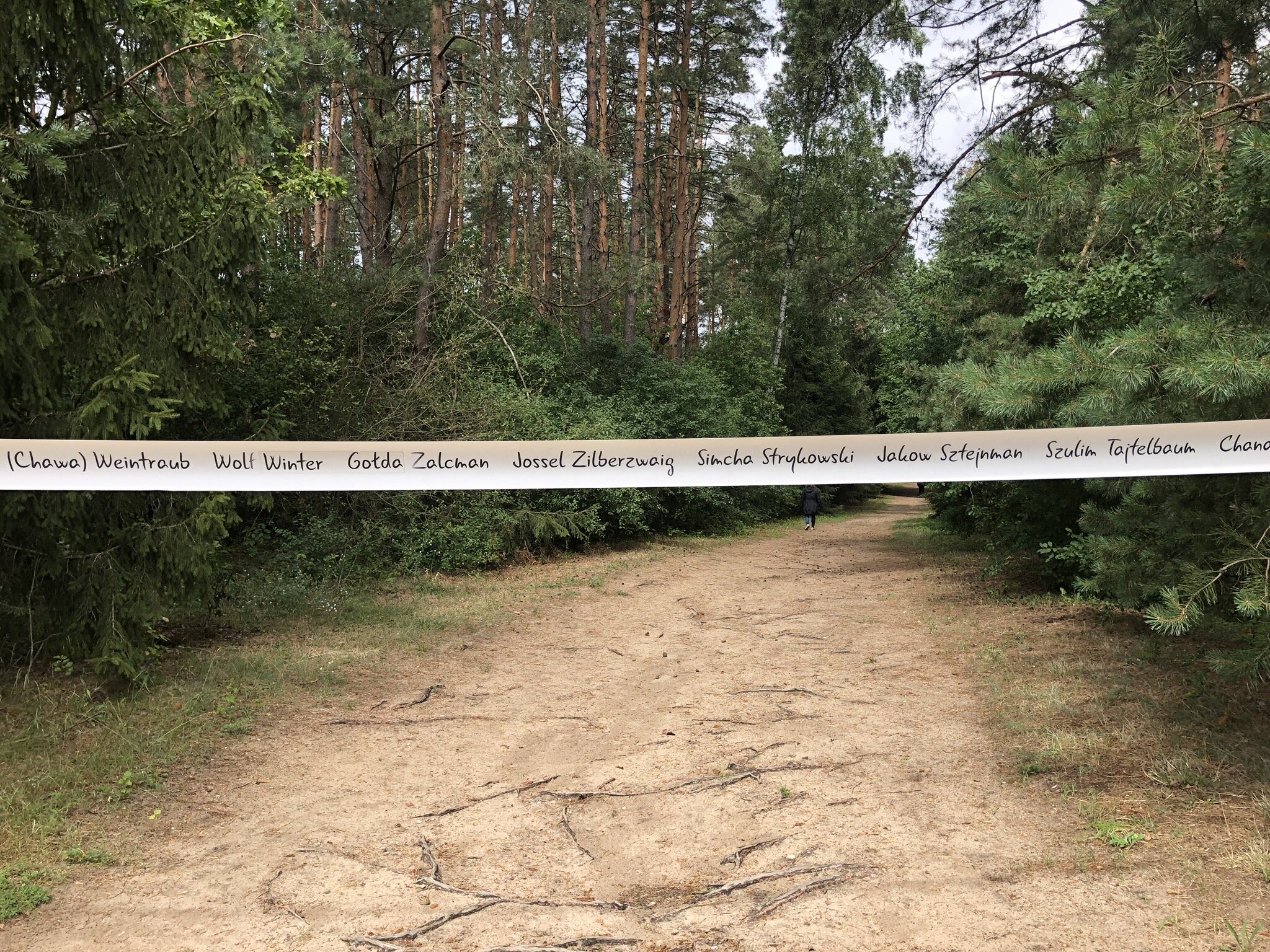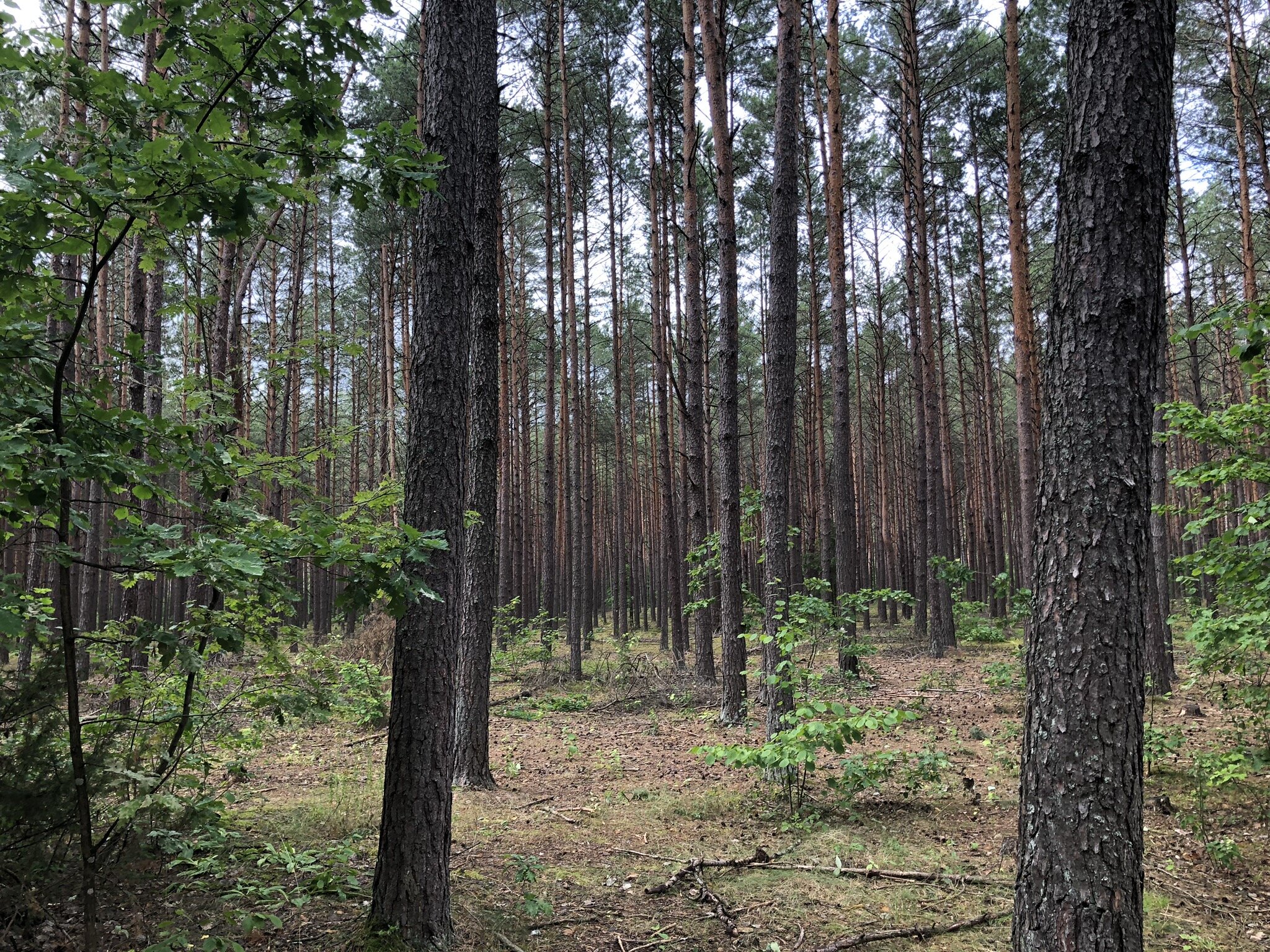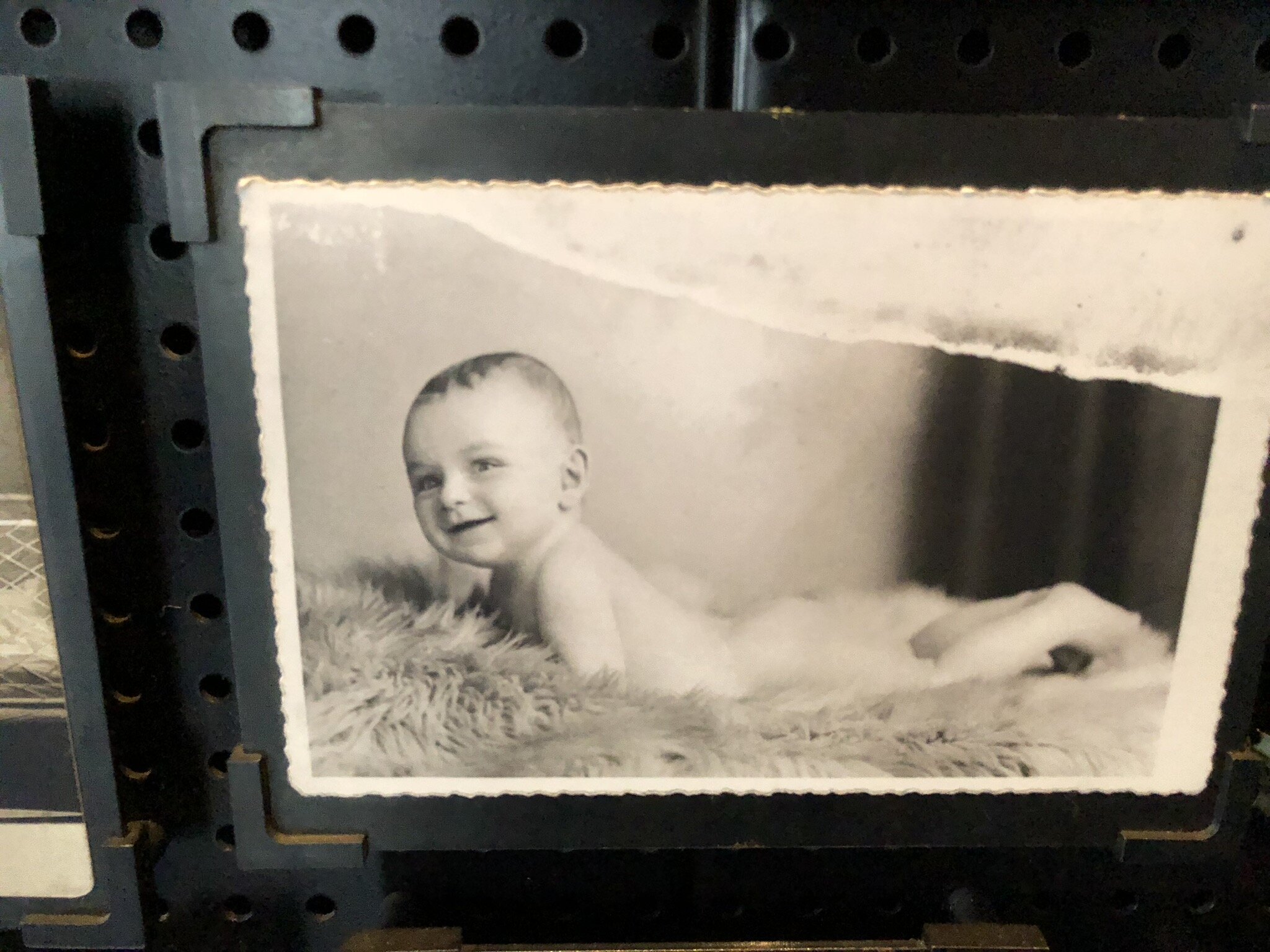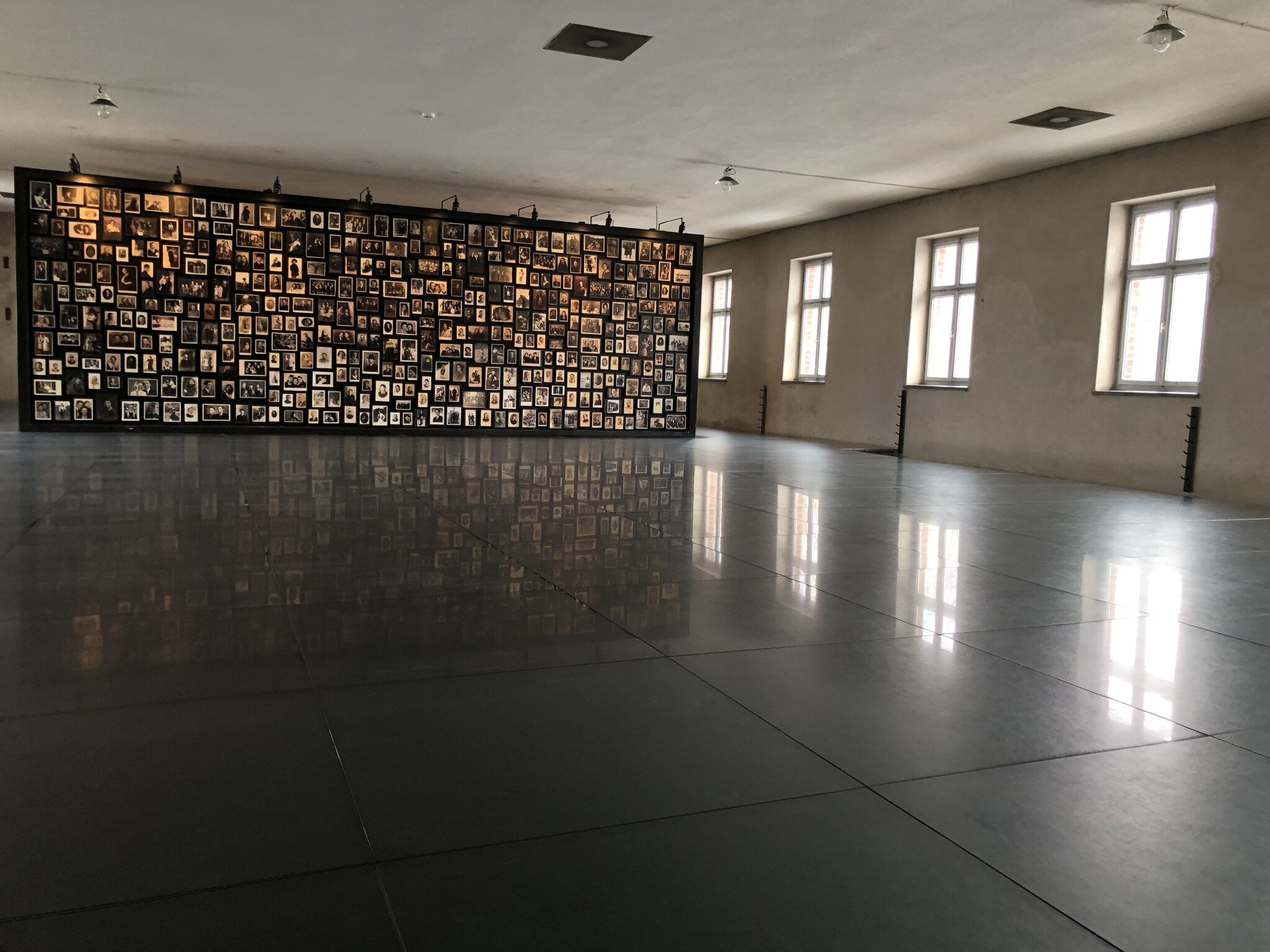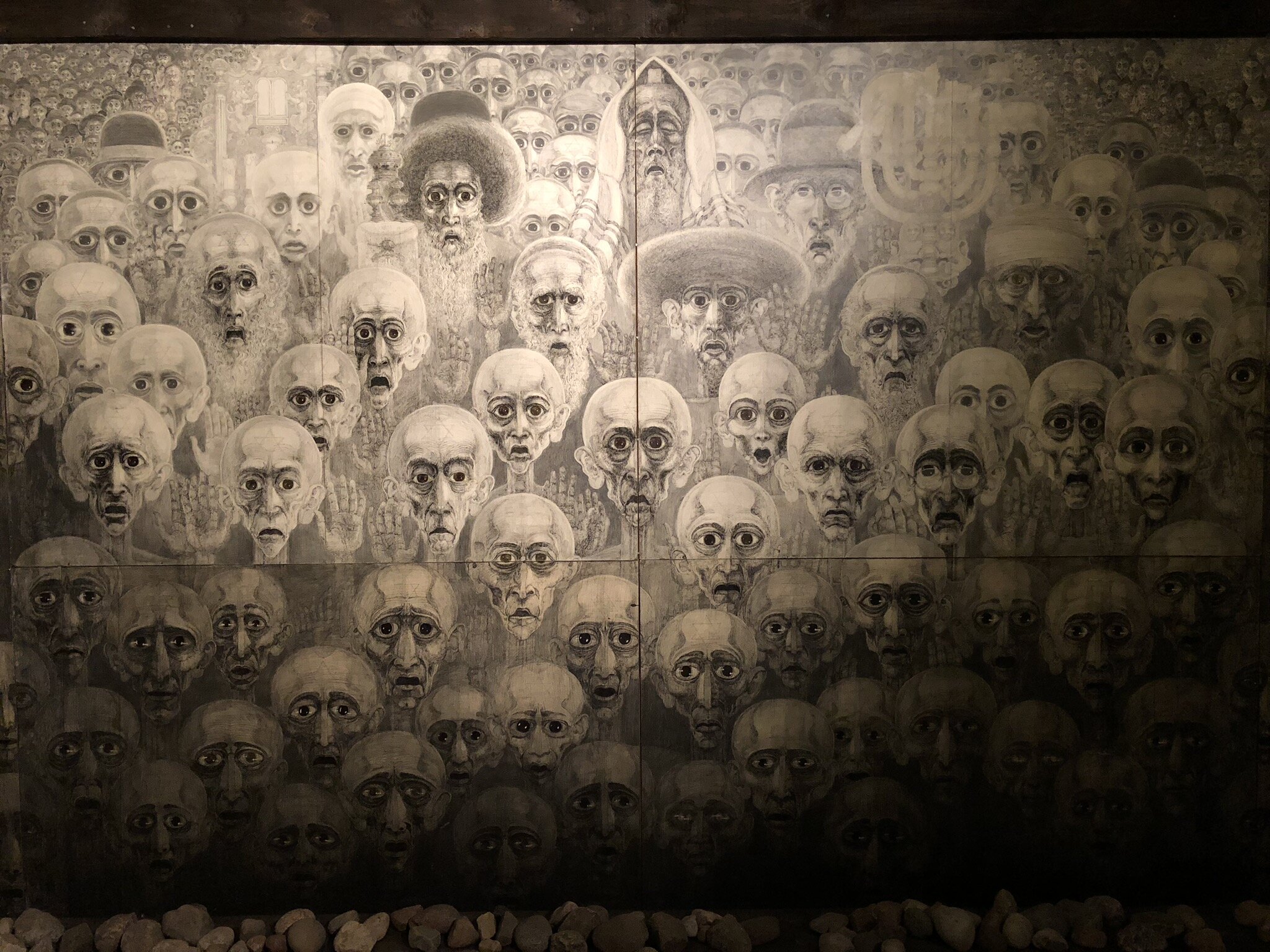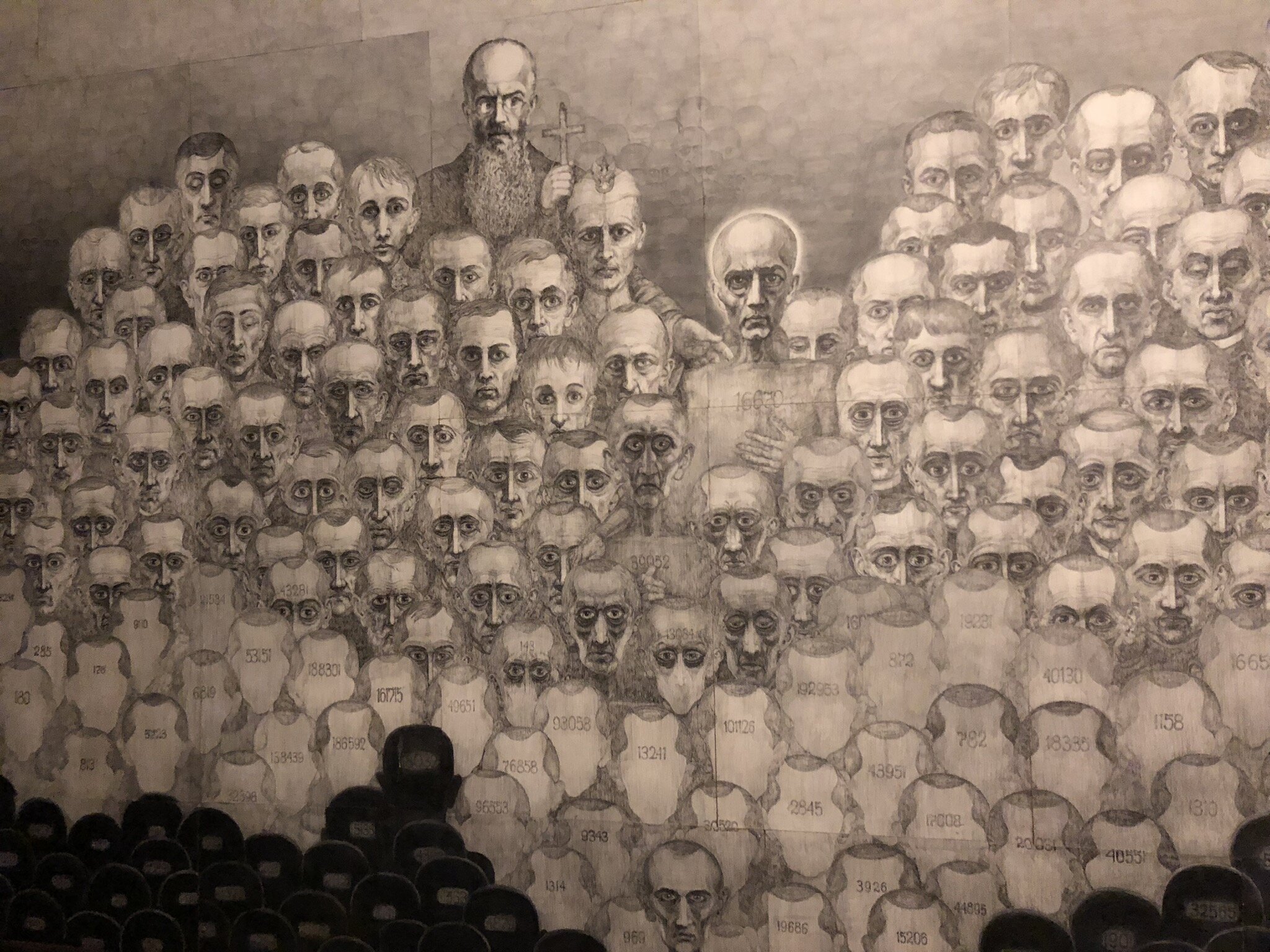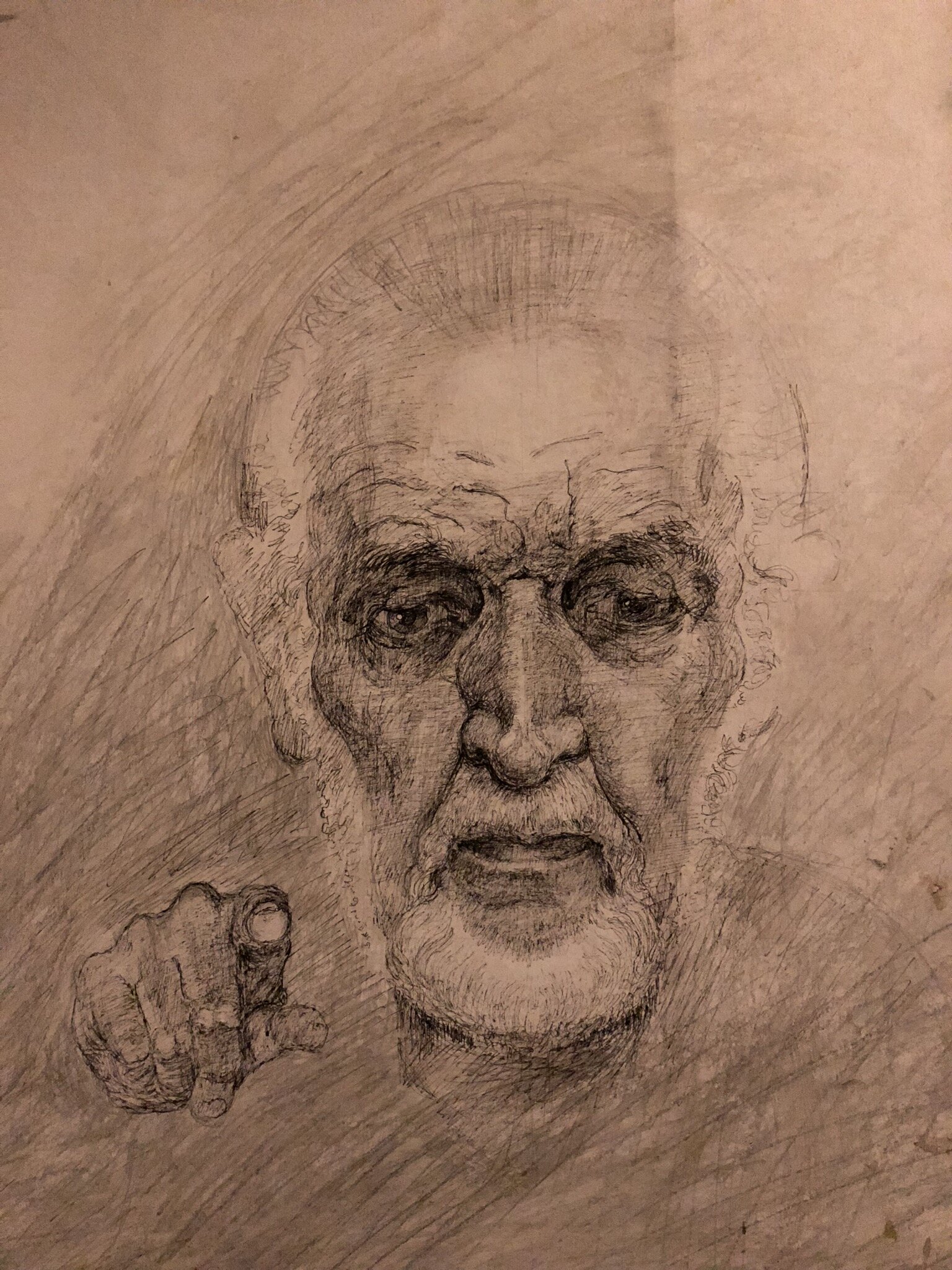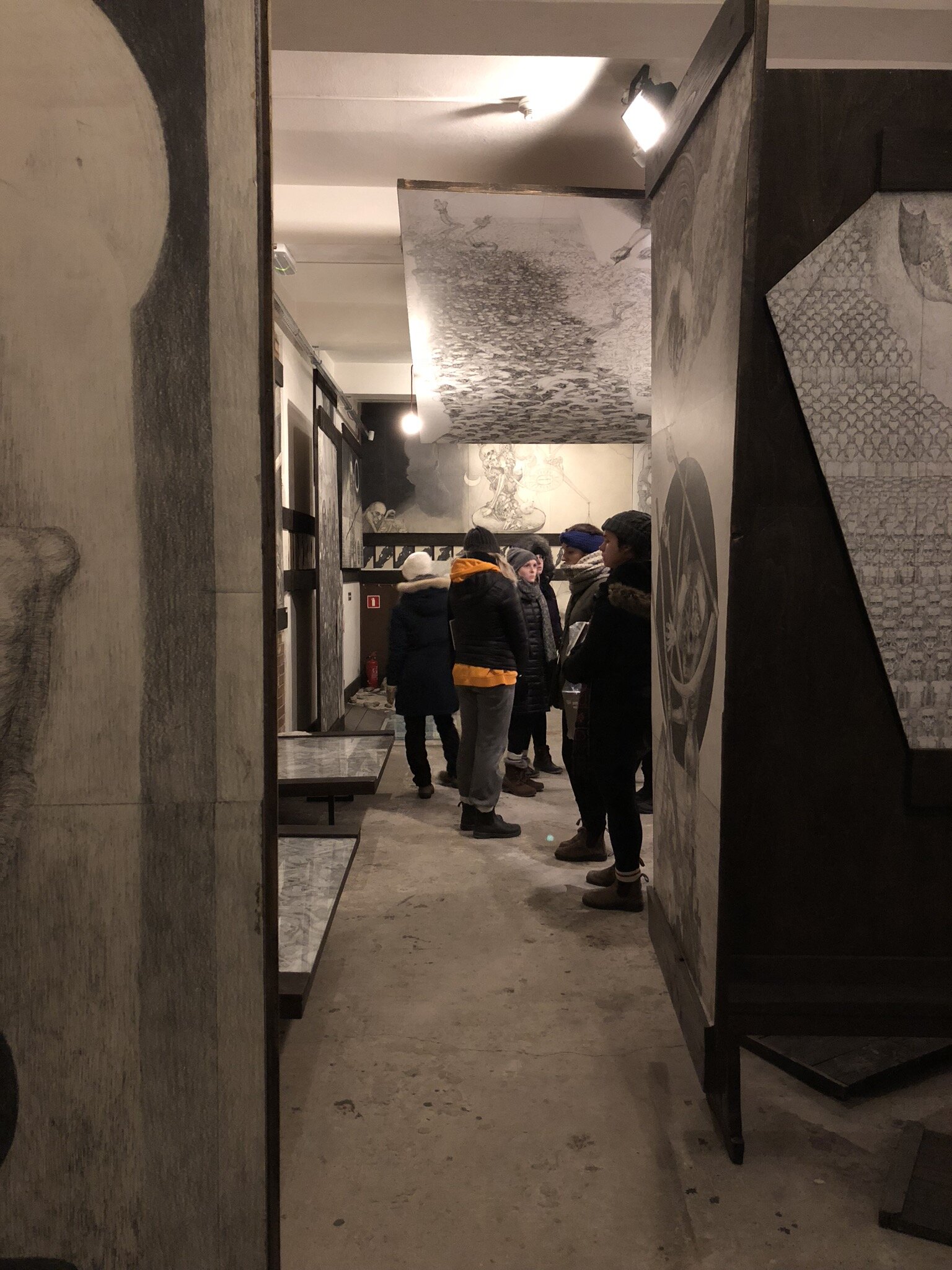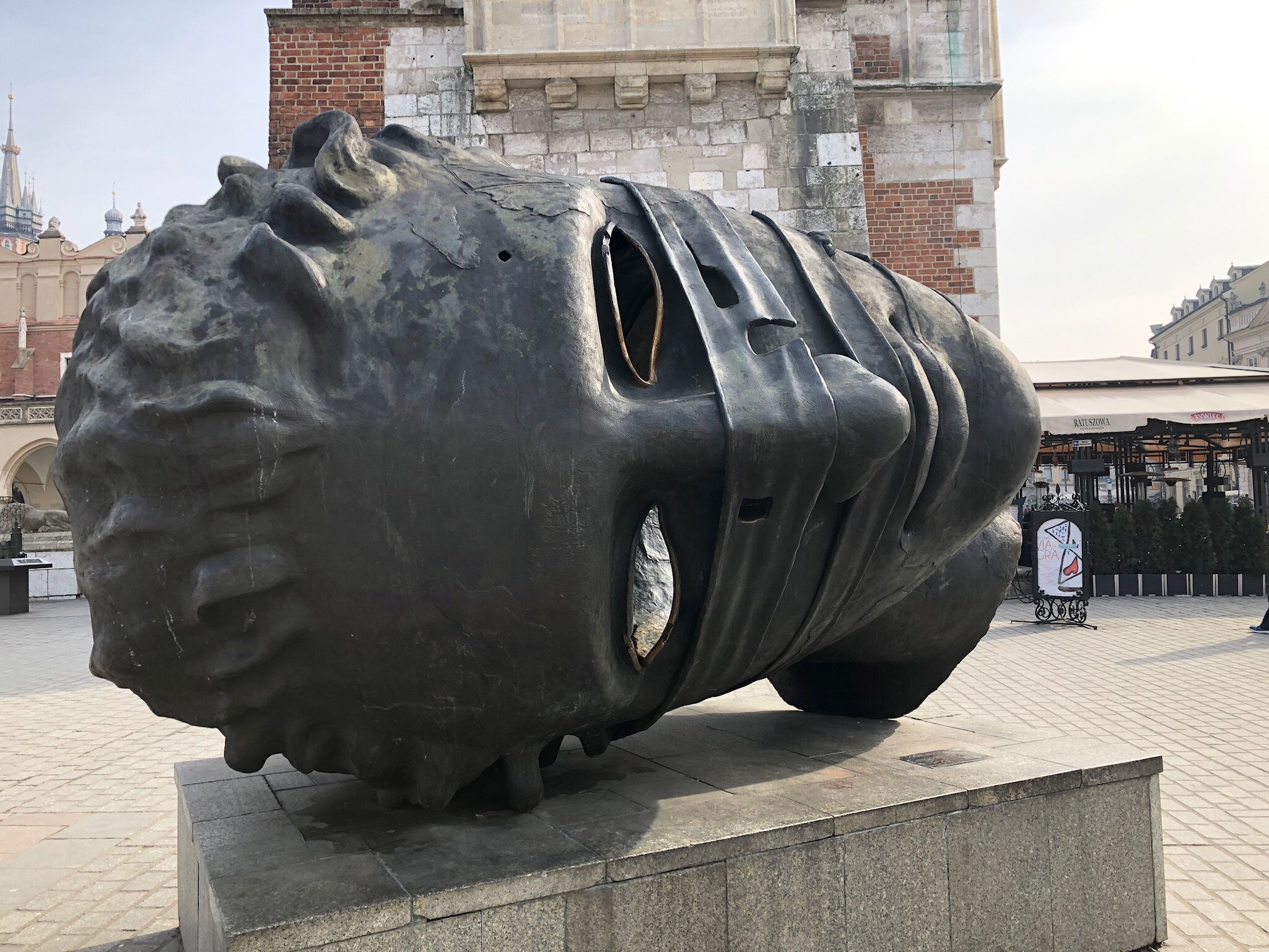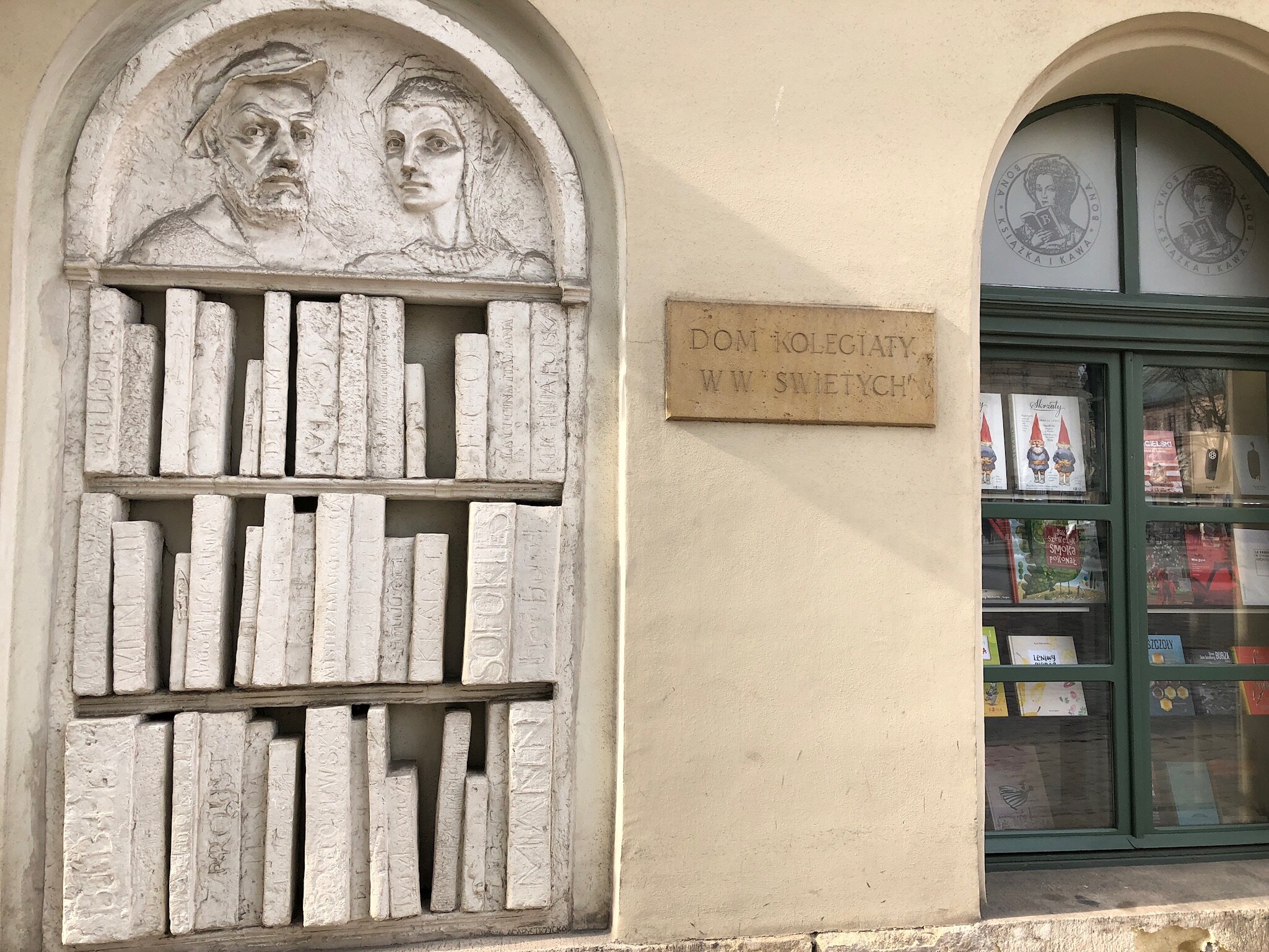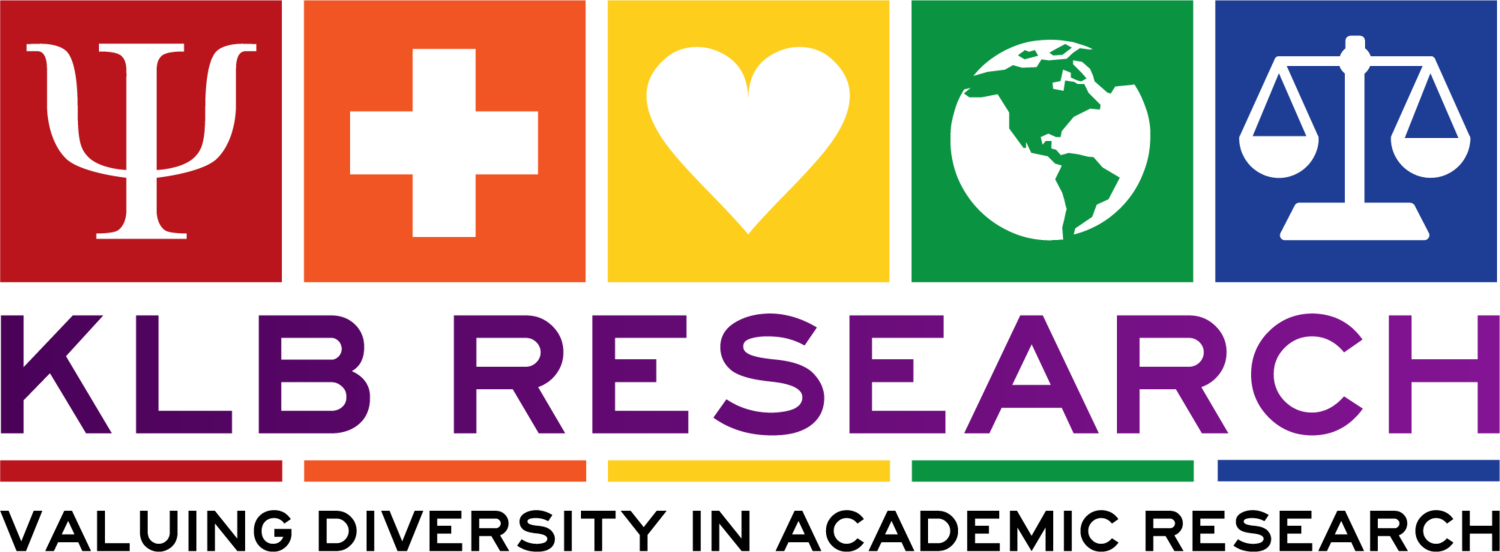The Holocaust & Now
a holocaust study trip: Future dates Tbd
Course Number: TBD
Term: TBD
Instagram: @Holocaust_education
Twitter: @PsycProfX
Location: Online & Europe
Application Deadline: TBD
Facebook: StFX Holocaust Education
Professors: Dr. Karen Blair & Dr. Rhea Hoskin
2020 Course format
IDS 397: Holocaust & Now Instructors: Dr. Karen Blair & Dr. Rhea Hoskin
This course will be delivered through a combination of distance education and immersive, in-person learning. Students will be given a reading list and asked to create an account on Perusall where they will access the readings. Students will be required to complete the majority of the readings BEFORE the course officially begins, which means the readings will need to be done (read, annotated, discussed with classmates) between January and April of 2020. The course will officially begin in April 2020. We will have online meetings where students will be asked to meet together on their campus with the other students from their school, and we will then link the four campuses using the Maple League communication system. We will have class discussions in this format and students will complete at least one assignment prior to embarking on the immersion portion of the course.
The immersion portion of the course will involve travelling to Europe (Germany, Poland and the Czech Republic) for roughly 2.5 weeks. Once in Europe, students will be required to travel as a group with the faculty leaders (Dr. Karen Blair & Dr. Rhea Hoskin). The group will visit a number of sites relevant to the Holocaust and will participate in unique immersive learning experiences at each site that go beyond a basic tourist-type visit. For example, at Auschwitz, students will stay in the nearby town for four nights and will visit different parts of the Auschwitz museum and memorial each day, participating in behind the scenes workshops, study visits, and lectures. During the trip, students will complete a variety of assignments that involve active learning. For example, students may be assigned to research a specific site and to help provide context to our visit to that site based on their prior research. Other assignments may include participating in workshops or class discussions. No major papers or large written assignments will be due during the immersion portion of the course, but students will be encouraged to find a means of recording their learning experiences (e.g., journalling, note taking, audio recordings, etc.).
After the end of the immersion portion of the course, students will have roughly 3-4 weeks to complete their final project. During this time period we will also have weekly online discussions to continue learning from and processing the immersion aspect of the course. Final project assignments will be individually tailored to each student based on their own areas of interest, degree program, and course goals.
course schedule
The immersion portion of the course will begin on May 4th. Students will need to be in Halifax by 8am on the 4th to participate in a 1.5 day pre-trip ‘in-person’ workshop. This workshop will involve guest speakers and learning activities designed to let the class get to know each other in person prior to flying to Europe on the afternoon of May 5th.
Students are responsible for purchasing and booking their own flights to and from Europe.
A list of recommended flight options will be provided. This flexibility will allow students to make use of any available airline points that may help to offset the cost of their ticket. Students will be given a specific time which they must arrive at the Berlin airport by, but other than that, they will be free to book any flight that meets the requirements (i.e., departing Halifax after a set time on May 5th and arriving in Berlin before a set time on May 6th). The trip will end in Prague, Czech Republic and students are free to continue travelling independently through Europe or to fly home from Prague.
General itinerary
May 4 & 5, 2020: Pre-Trip workshop in Halifax
May 6 - Arrive in Berlin; Berlin city tour (jet lag recovery)
May 7 - Historical tour of Berlin; including memorials and sites of relevance to the Holocaust, Nazi rise, and Nazi persecution of other minority groups (e.g., memorial for the Roma & Sinti, memorial for the persecuted homosexuals, etc.).
May 8 - Tour of Wannsee House - the location of the Wannsee Conference
May 9 - Visit to Sachsenhausen Concentration Camp; Optional visit to the DDR museum in Berlin (time permitting)
May 10 - Travel to Warsaw; Visit the Polin Museum of Jewish Culture & History; Visit Old Town Warsaw
May 11 - Jewish Cemetery; Ringelblum Archives (Warsaw Ghetto Archives); Radegast Station Memorial.
May 12 - Treblinka; Warsaw Zoo, including tour of the Zookeeper’s Villa.
May 13 - Bus to Krakow; Visit Old Town Krakow & Castle; Galicia Museum workshop.
May 14 - Walking tour of the Krakow Jewish Ghetto; Visit to museum housed in Schindler’s factory.
May 15 - Krakow Jewish Community Centre; Galicia Museum Workshop / or visit with Auschwitz Survivor or member of the Righteous Among Nations (a rescuer).
May 16 - Krakow deportation square; Plazow Concentration Camp Memorial; Transfer to Oświęcim.
May 17 - Visit Auschwitz I in AM; Oświęcim Synagogue and Town in afternoon; evening lecture.
May 18 - Visit Auschwitz II; Labyrinth Art Exhibit
May 19 - Re-visit Auschwitz I exhibits; Auschwitz Museum Workshop
May 20 - Drive from Krakow to Prague; Prague Old Town & Jewish Quarter, including synagogues.
May 21 - Visit Terezin; Memorial to the Victims of Communism.
May 22 - Closing Seminar; Students may continue travelling on their own in Europe or return to Canada on the 22nd. Flights should be booked to depart on the 23rd.
*This schedule is subject to change based on a number of factors. Students should be prepared to be flexible (travel always has its surprises!)
Course Costs
3-credit course tuition through St. Francis Xavier University’s Continuing Education department: ~$900.00 CAD. Click Here to see tuition rates for 3-credit courses.
Course fee: $3800* CAD (this includes all transportation and accommodations within Europe, some meals, onsite workshops, tours, tour guide fees, entrance fees, tour guide and driver gratuities, etc.).
Airfare to and from Europe: Students are responsible for booking their own overseas airfare. They may book flights that leave after 2pm on May 5th and that arrive by 4pm on May 6th in Berlin (although arrival past noon may mean missing the first day introductory tour). Students may book return flights for any time after 11pm on the 22nd of May from Prague. Students are encouraged to explore options for using existing frequent flyer miles, companion flights, etc. Estimated costs for flights range from $800 to $1,400 Canadian, return.
Food costs while in Europe. Depending on individual needs and preferences, students should budget between $20 and $50/day for food. Food will be most expensive in Berlin and quite affordable in Poland and the Czech Republic.
Books & Films: Students should budget approximately $100 to be spent on course materials including books and access to films.
Total estimated costs: $5,800 - $6,900.00. Scholarships and bursaries may be available.
*The course fee may be slightly higher for alumni and friends of the Maple League.
Students are welcome to engage in fundraising activities to offset the costs associated with the trip. Fundraising can be done individually or as a group.
Click Here to learn about a $500 scholarship award from Continuing Education.
required readings
Students will be required to access/purchase all required readings through a website called Perusall, which will facilitate an online annotation/discussion process. Please do not purchase the books elsewhere (unless you wish to have both a digital and hardcopy). The vast majority of course readings will be drawn from journal articles and access will be provided through Perusall.
Recommended readings & viewings
Below you will find a selection of books and movies about World War II and the Holocaust. Some of these provide an overview of events, others focus on a specific individual's story, while others tackle larger thematic issues. It would take a lifetime to read all that has been written about WW2 and the Holocaust, and we only have one semester (plus the Summer if you get a head start). Pick and choose from what you find below, but try to pick at least one autobiography, one thematic/bigger issue piece, and one overview of events. Although the list is long, you will find that many of the books are "quick reads" - such as Night, which can be read in an hour or two. Many of the books are also available in Audio format through Audible or iTunes.
The Storm of War: A New History of the Second World War by Andrew Roberts
Age of Propaganda: The Everday Use and Abuse of Persuasion by Anthony Pratkanis & Elliot Aronson
Black Earth: The Holocaust as History and Warning by Timothy Snyder
A Holocaust Reader (Library of Jewish Studies) - Behrman House
Man’s Search for Meaning - Victor E. Frankl
The Nazi Doctors: Medical Killing and the Psychology of Genocide - Robert Jay Lifton
We Are Witnesses: Five Diaries of Teenagers Who Died in the Holocaust - Jacob Boas
By Chance Alone: A Remarkable True Story of Courage and Survival at Auschwitz - Max Eisen
Neighbors: The Destruction of the Jewish Community in Jedwabne, Poland - Jan T. Gross
Birth, Sex and Abuse: Women’s Voices Under Nazi Rule - Beverley Chalmers
After Such Knowledge: Memory, History and the Legacy of the Holocaust - Eva Hoffman
By My Mother’s Hand - Henry Melnick
Backing Hitler: Consent and Coercion in Nazi Germany - Robert Gellately
Scheisshaus Luck: Surviving the Unspeakable in Auschwitz & Dora - Pierre Berg & Brian Brock
From the Ashes of Sobibor: A Story of Survival - Thomas Toivi Blatt
Gallery
The photos below are from previous trips that Dr. Blair & Dr. Hoskin have taken focused on Holocaust Education and picture many of the sites and learning experiences that will be included in The Holocaust & Now.


